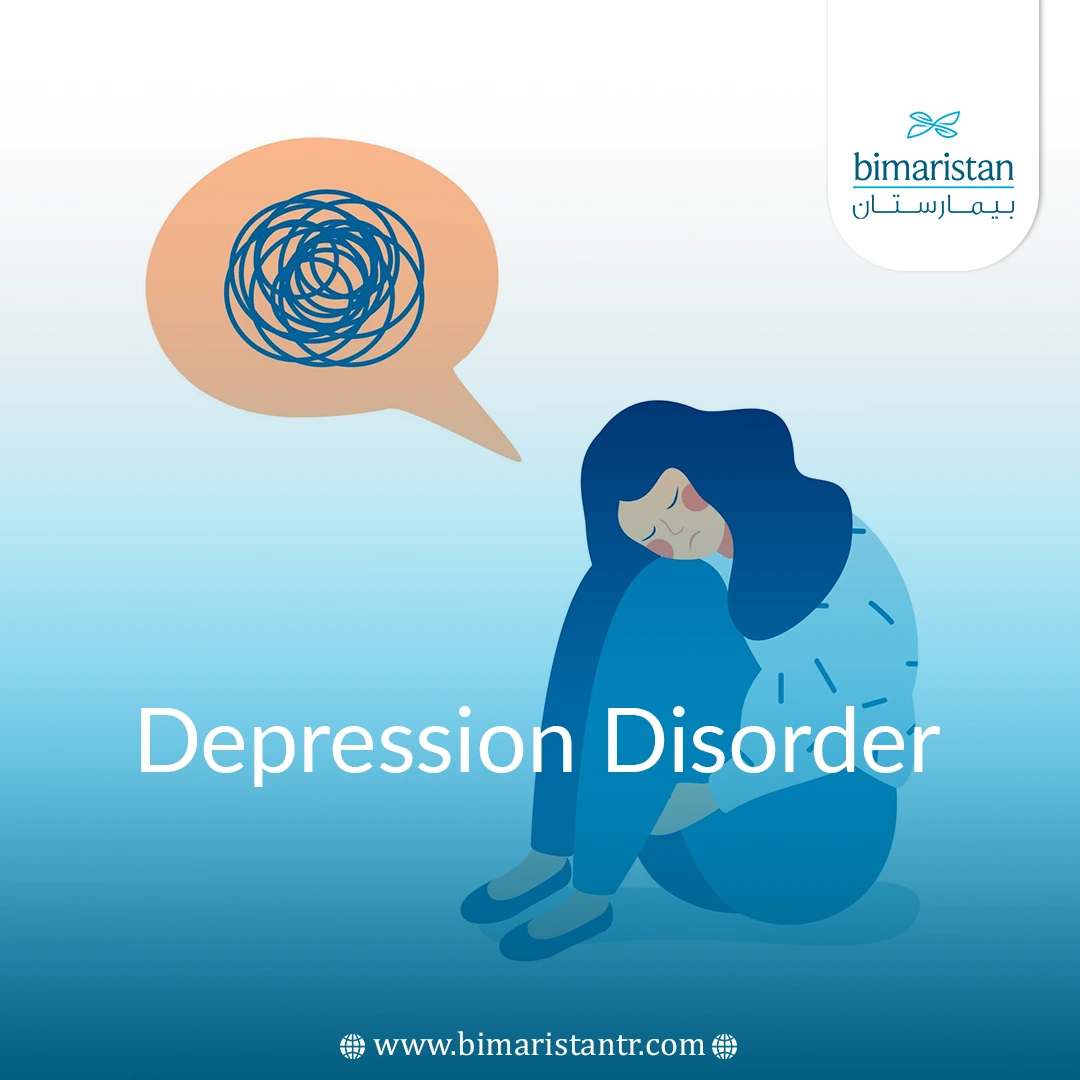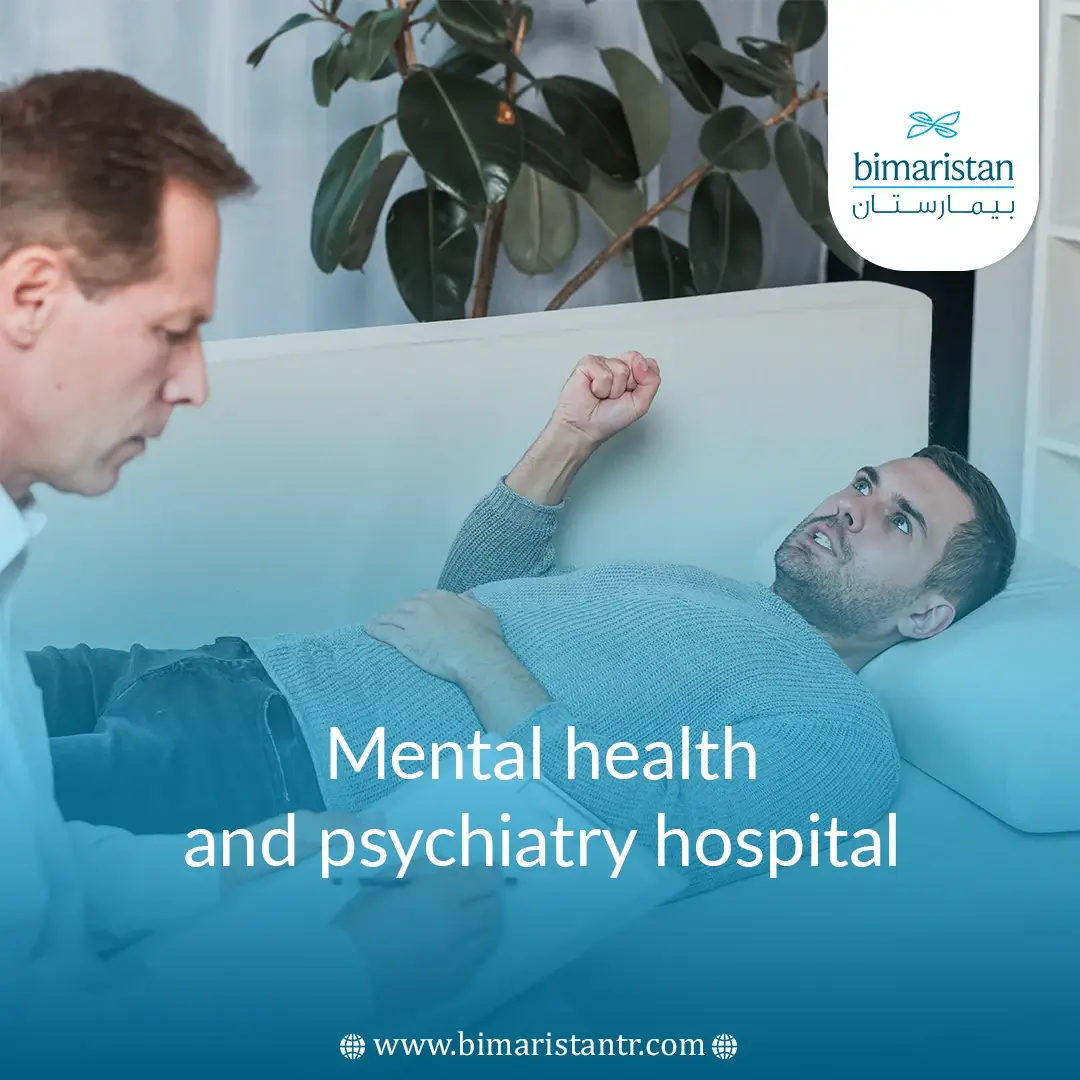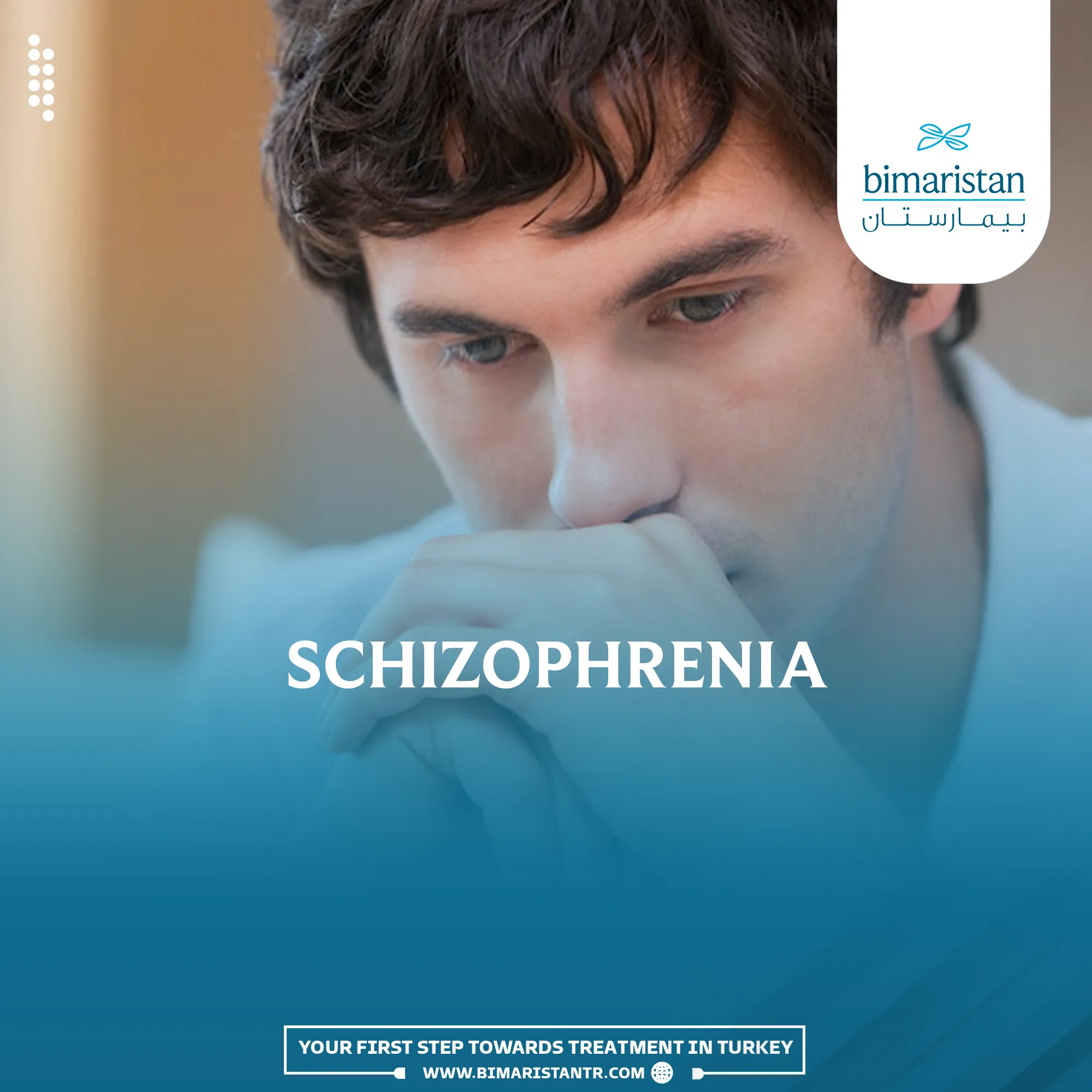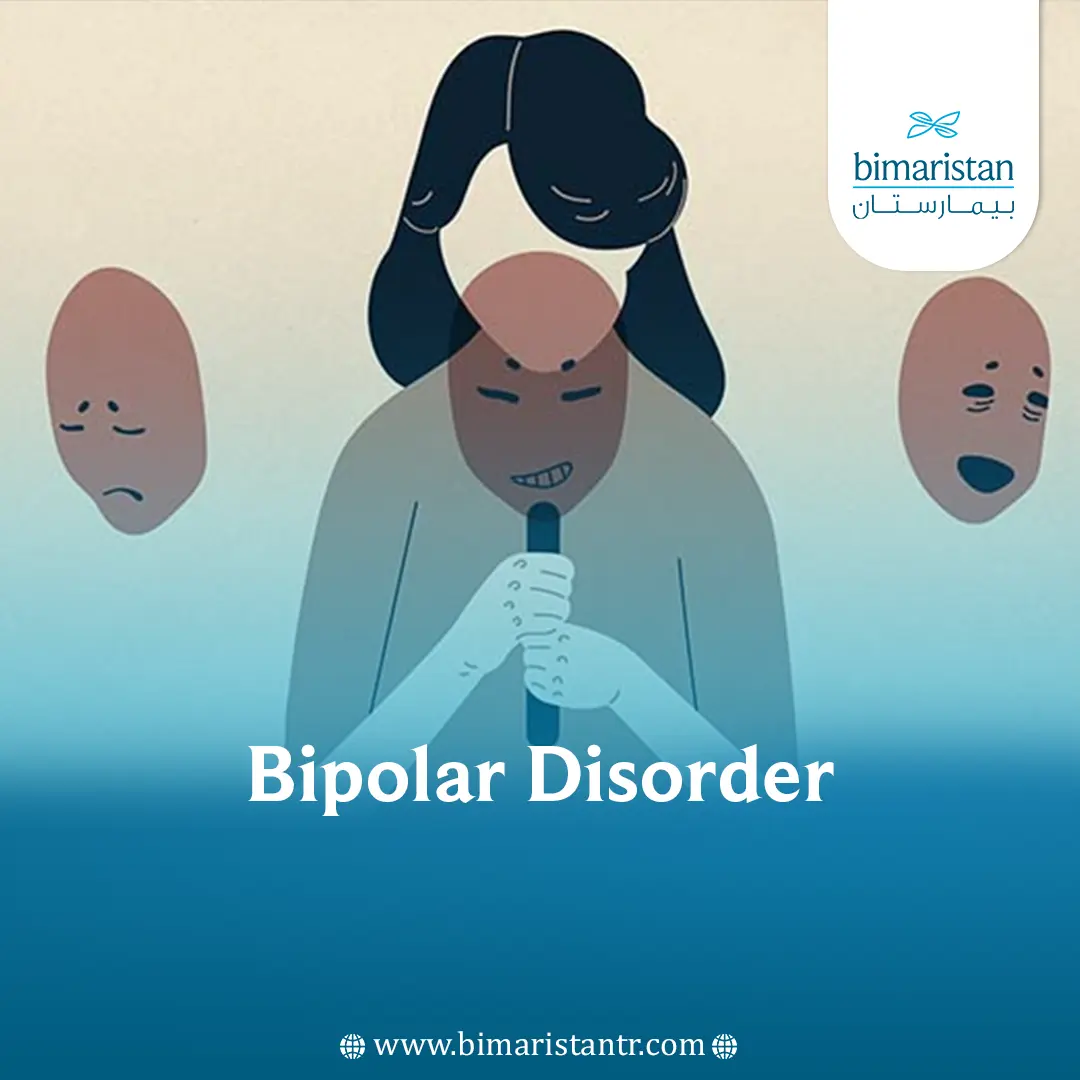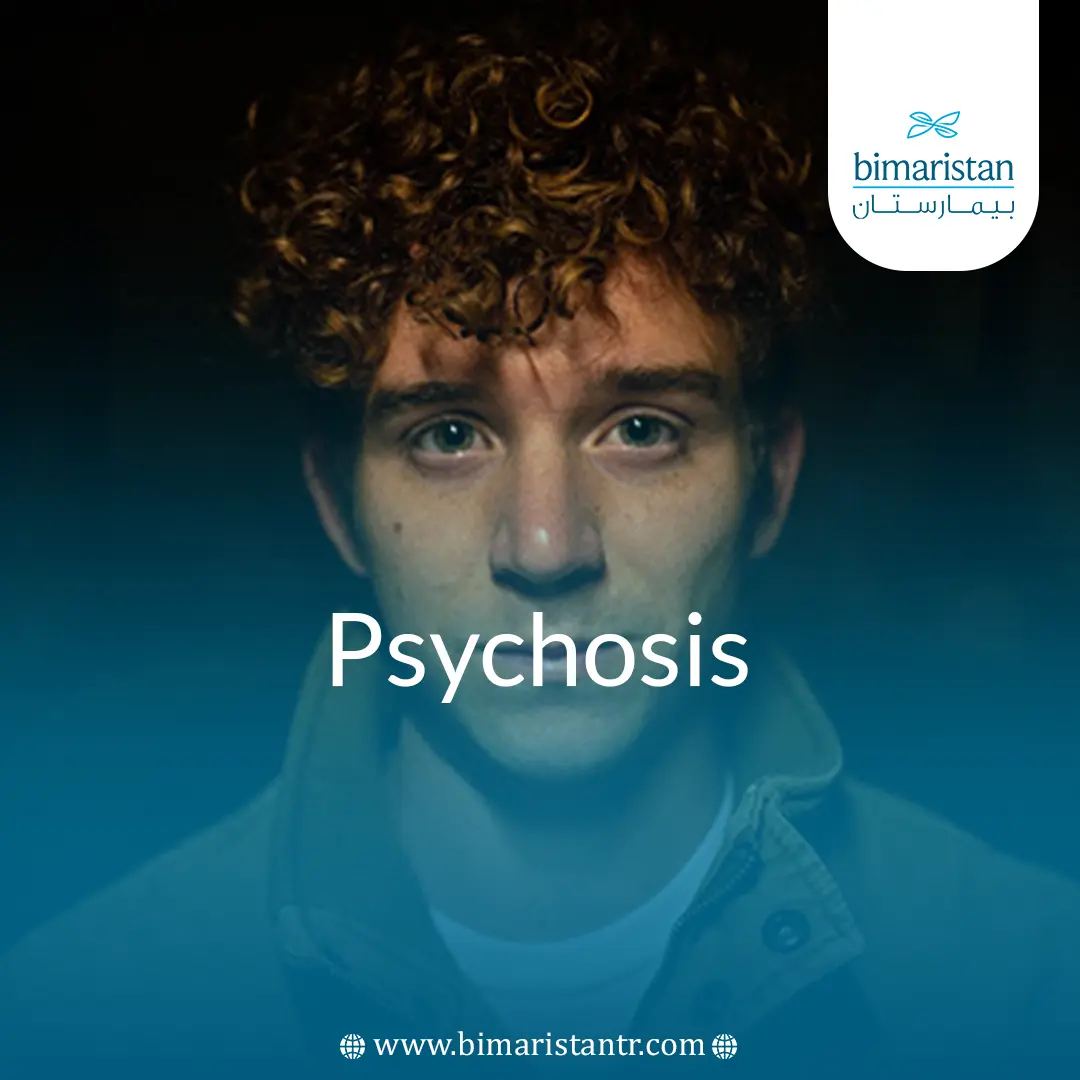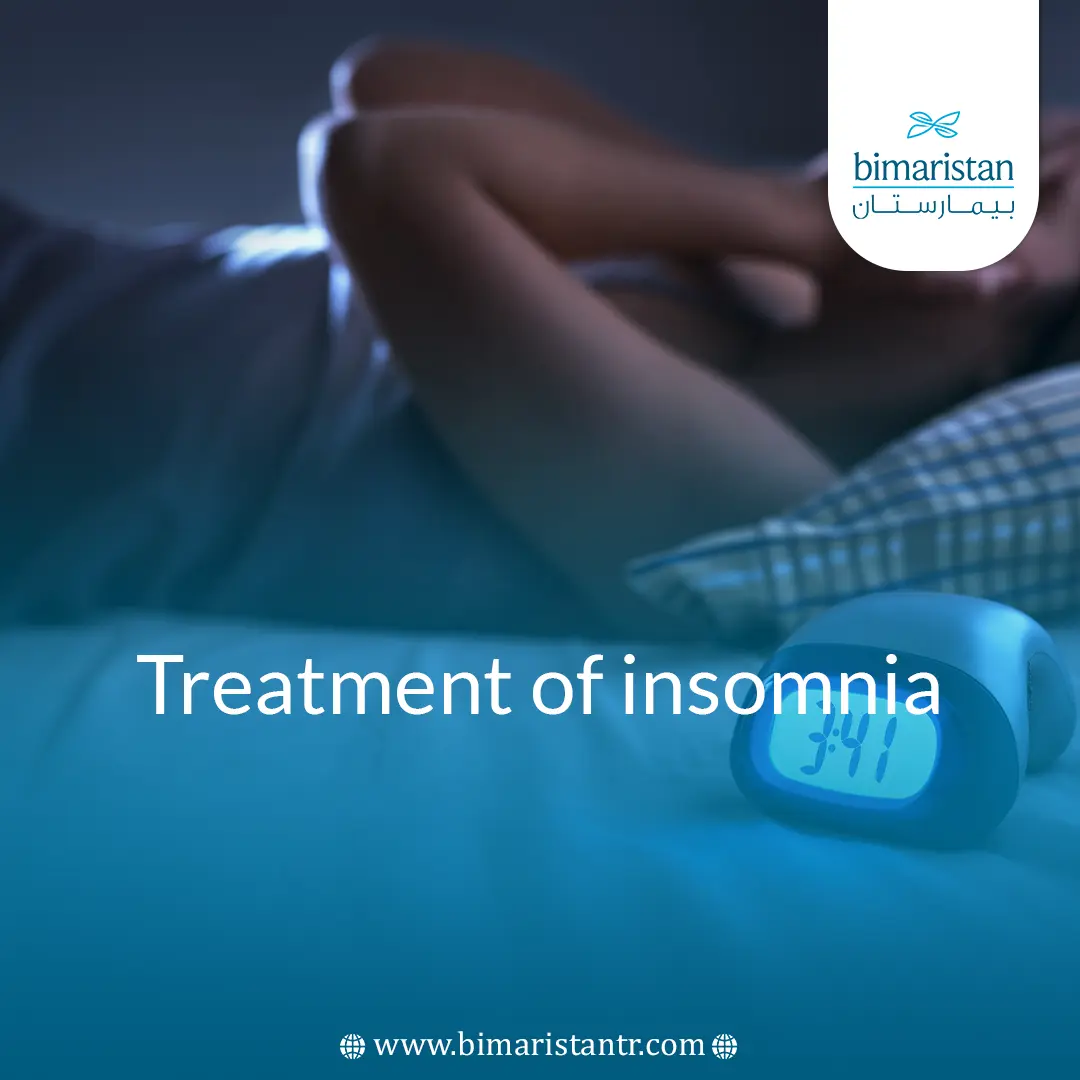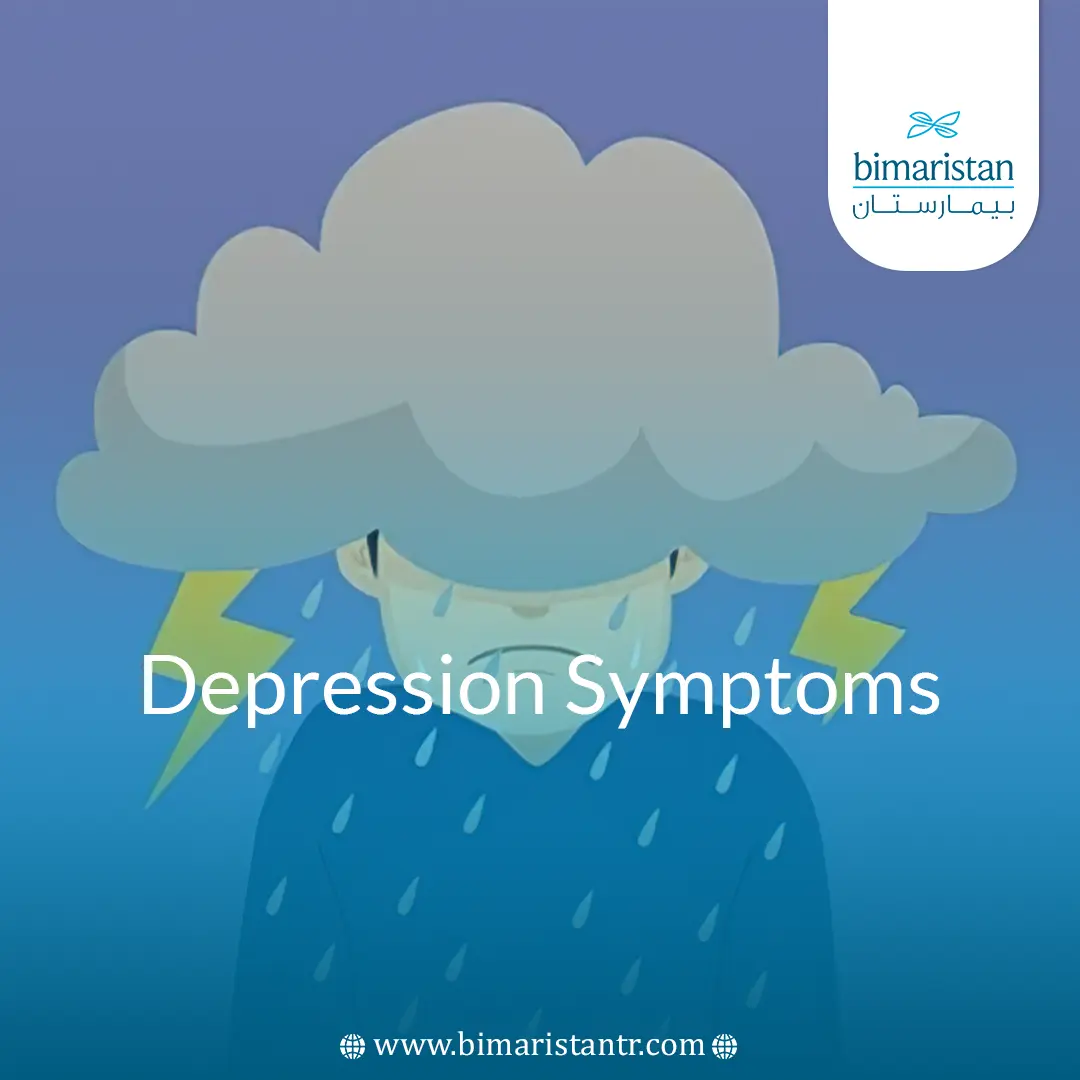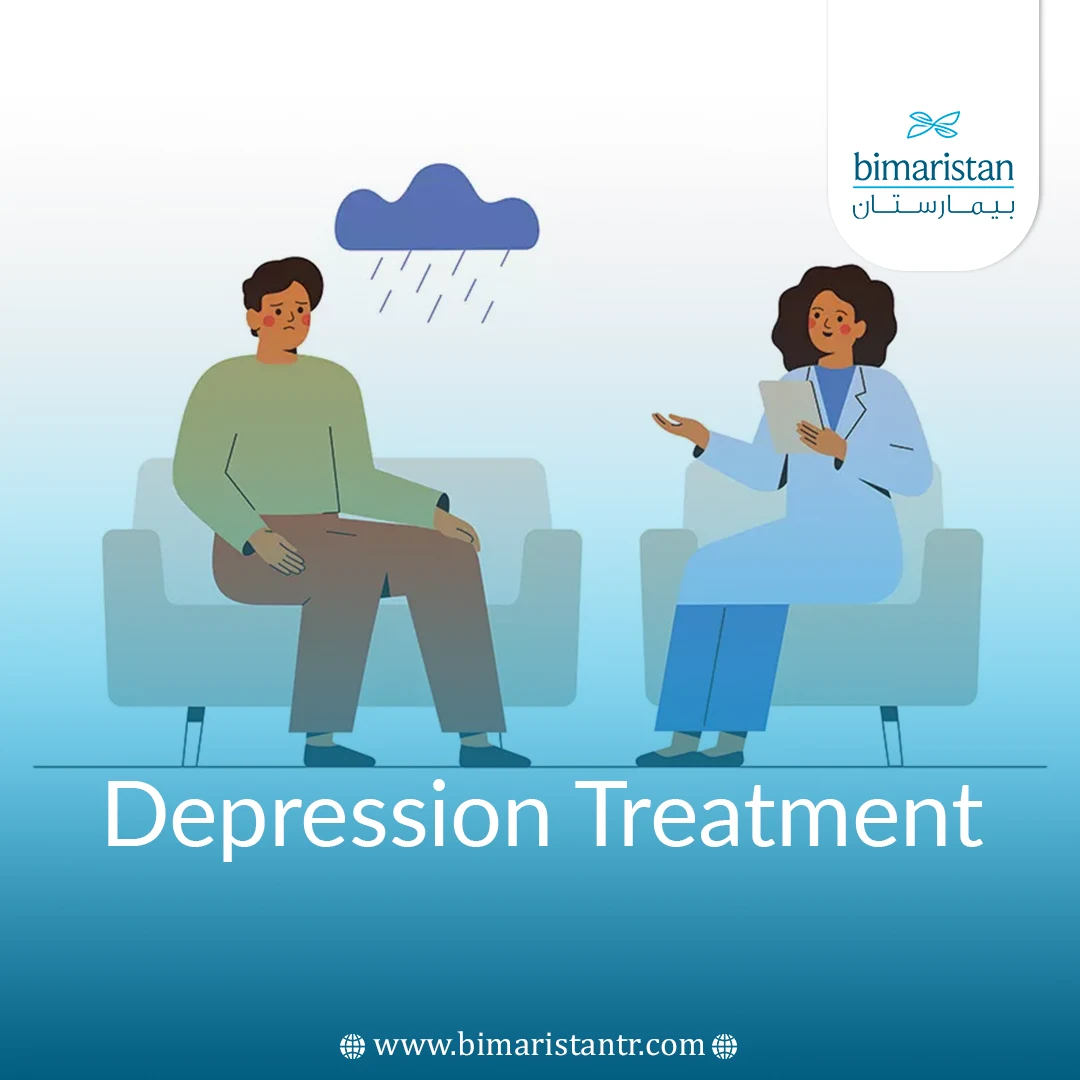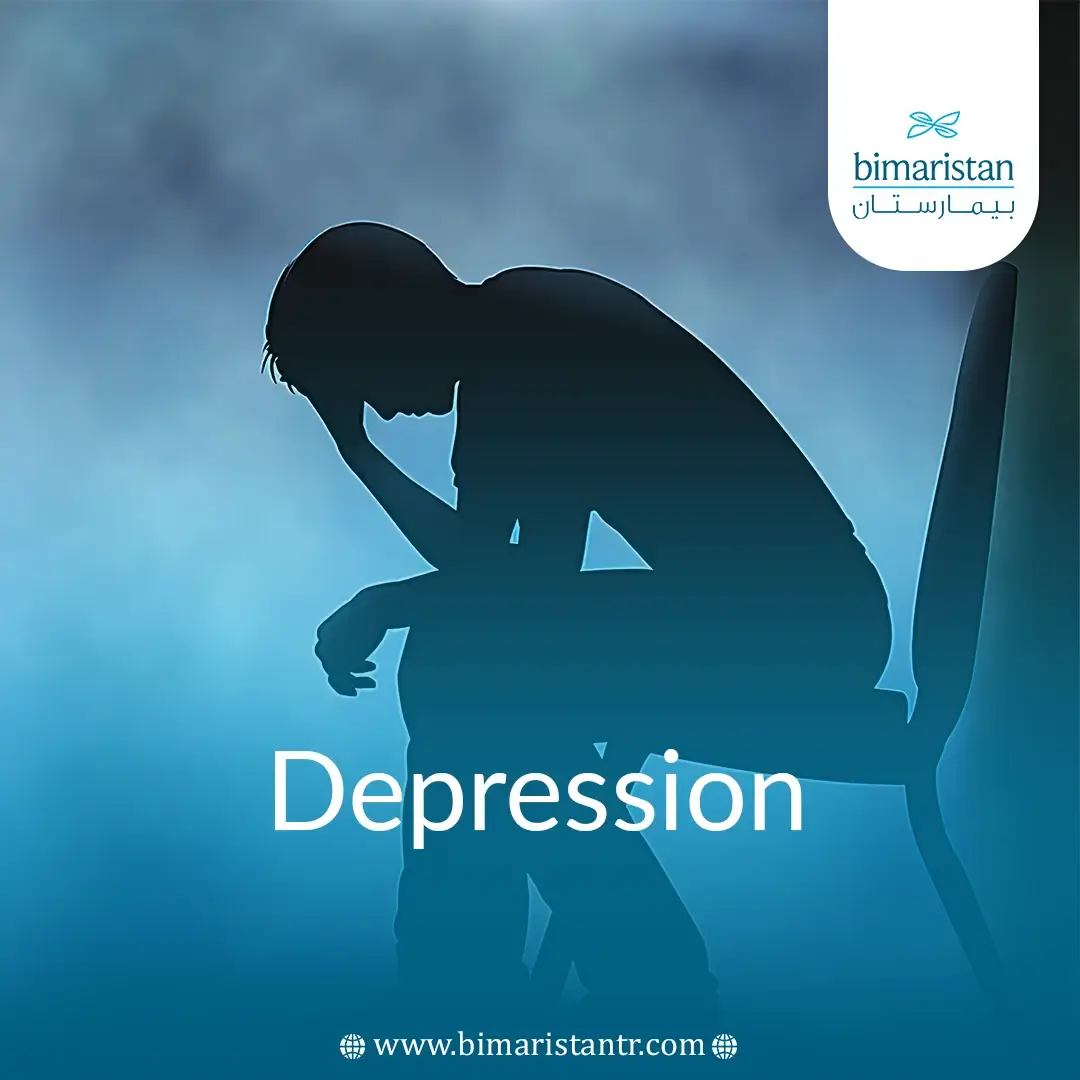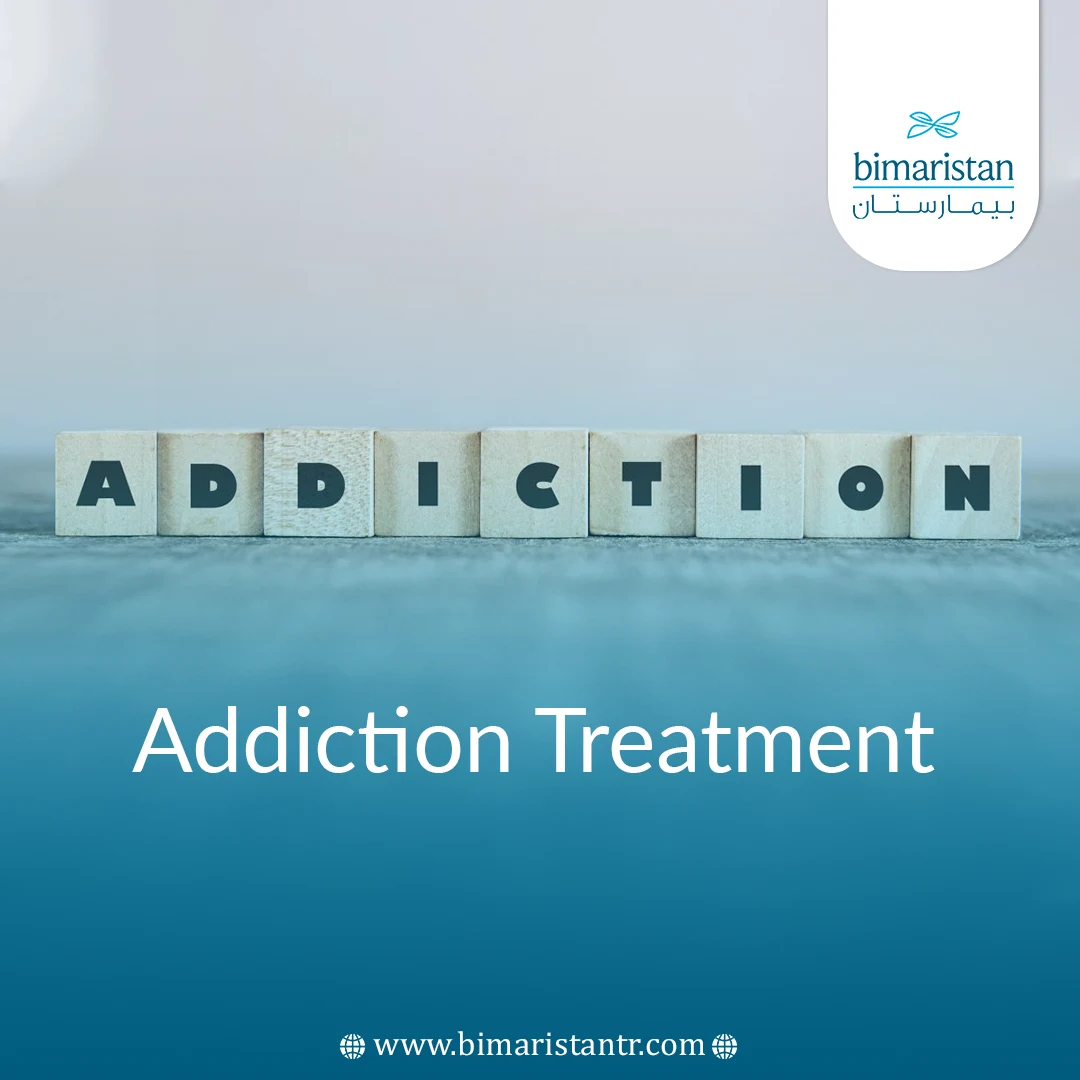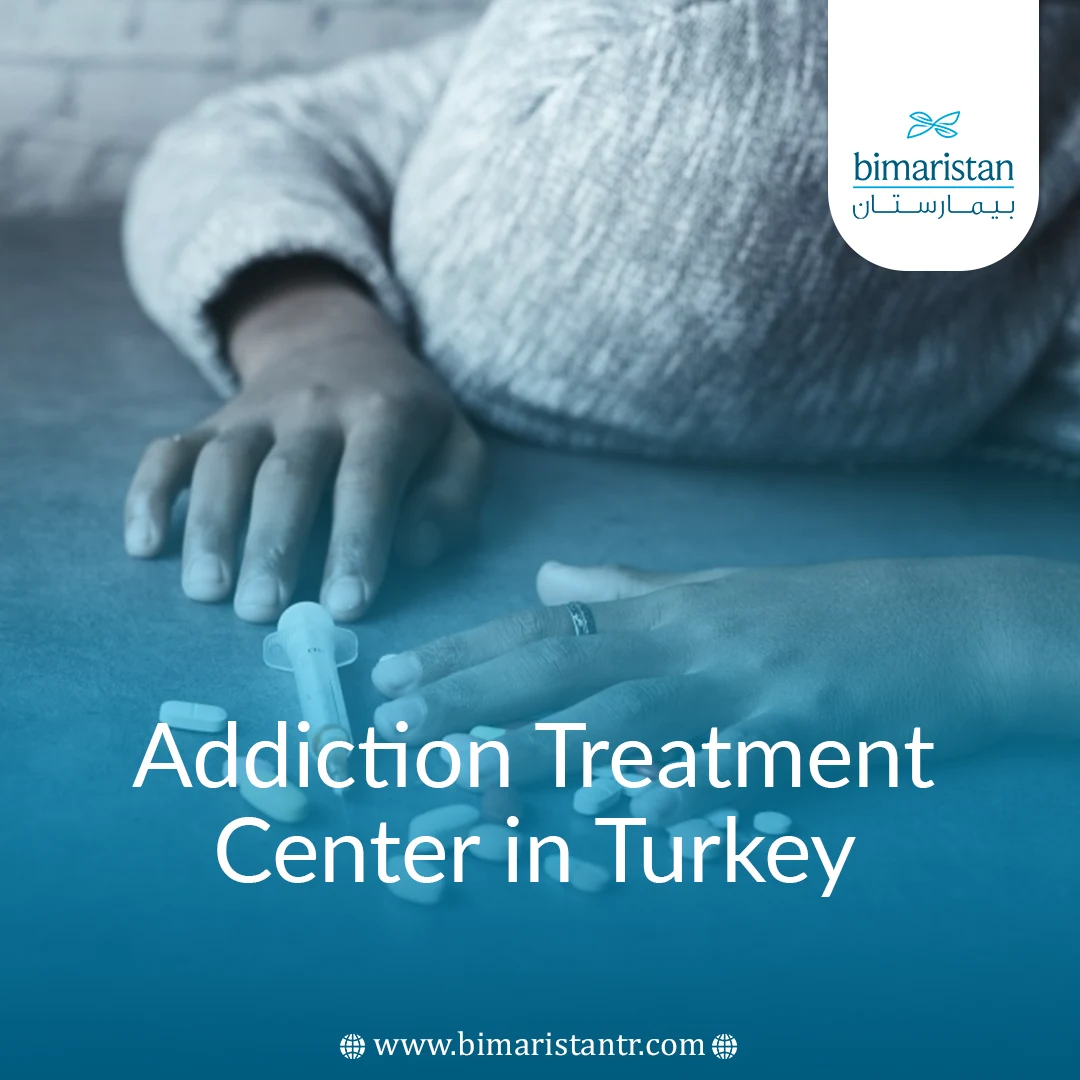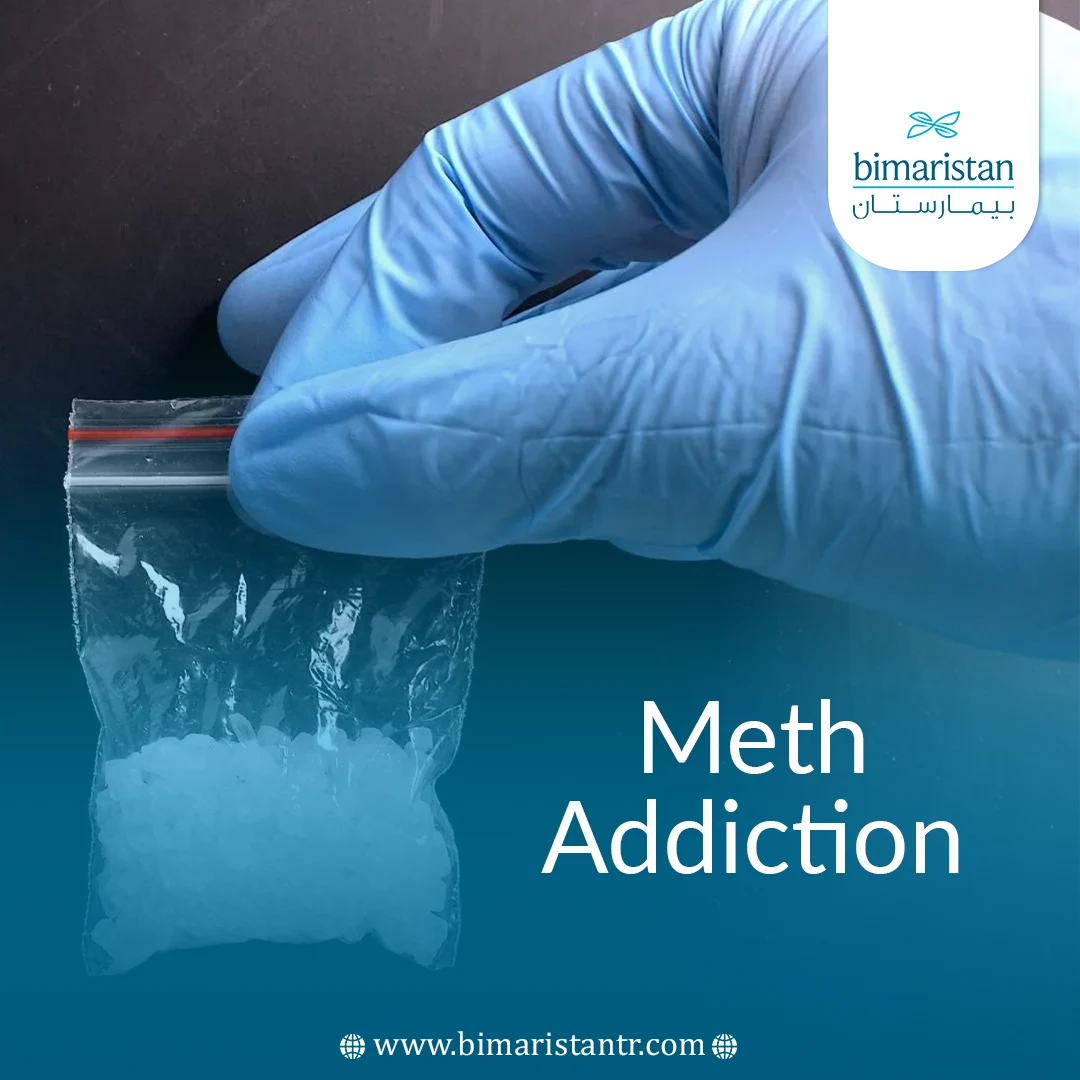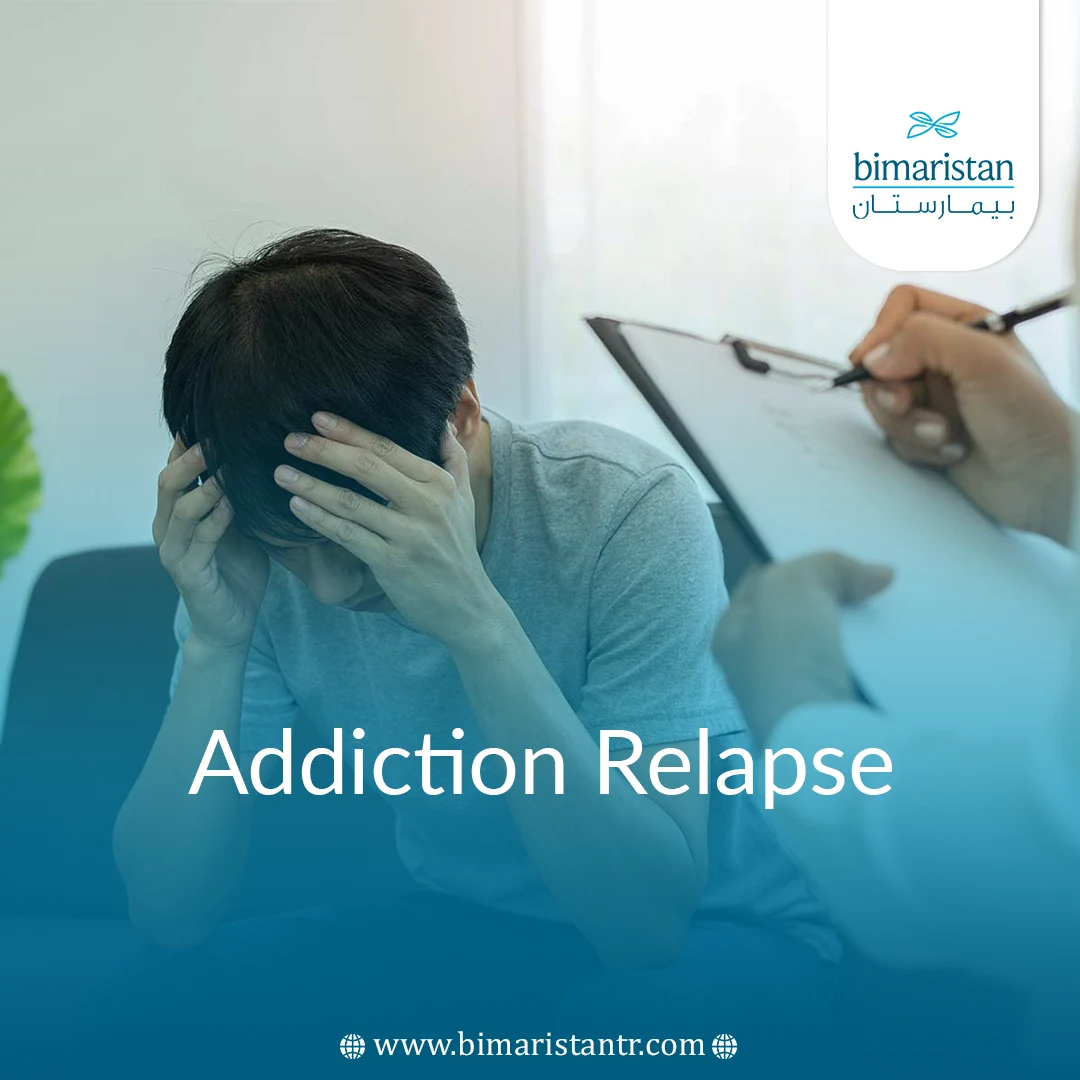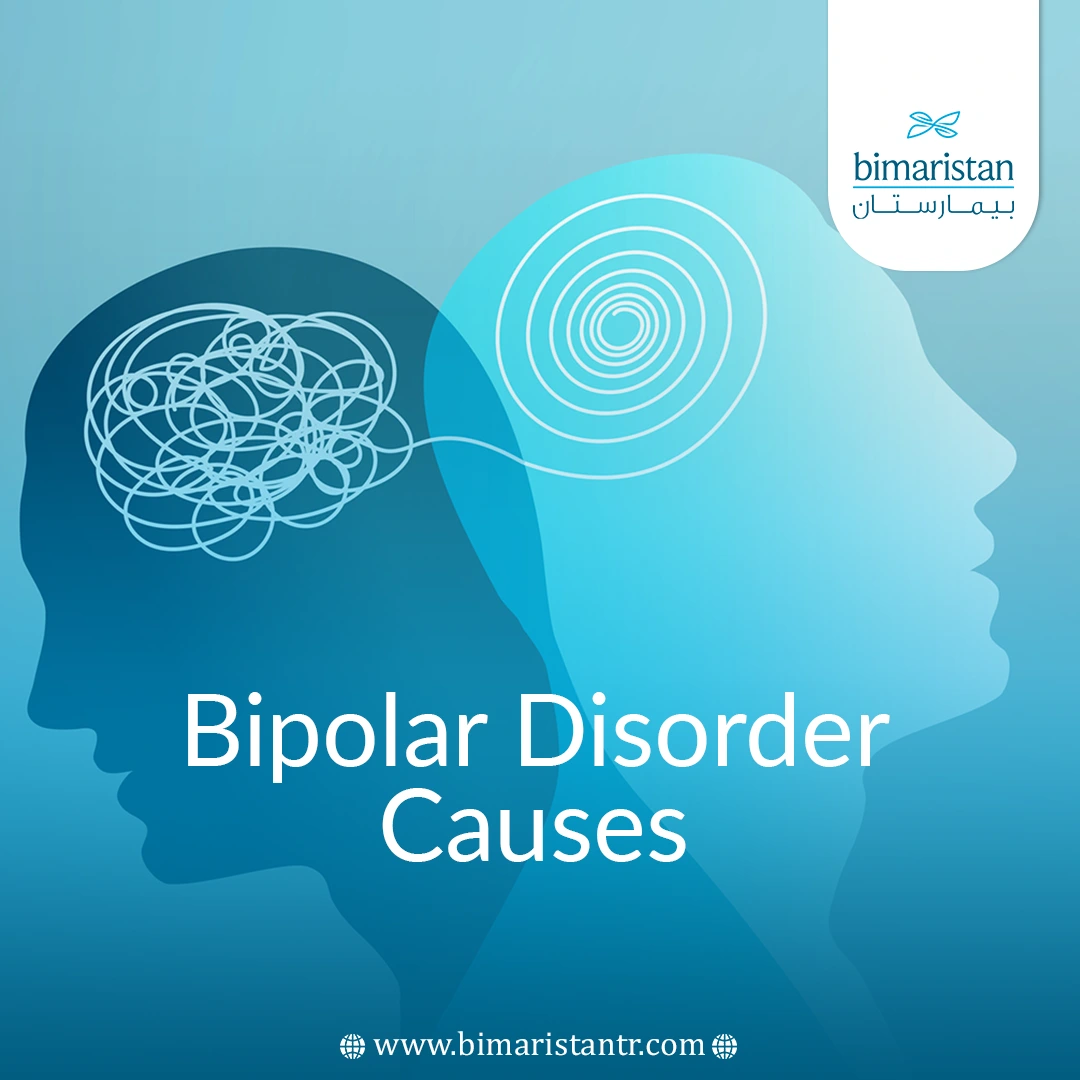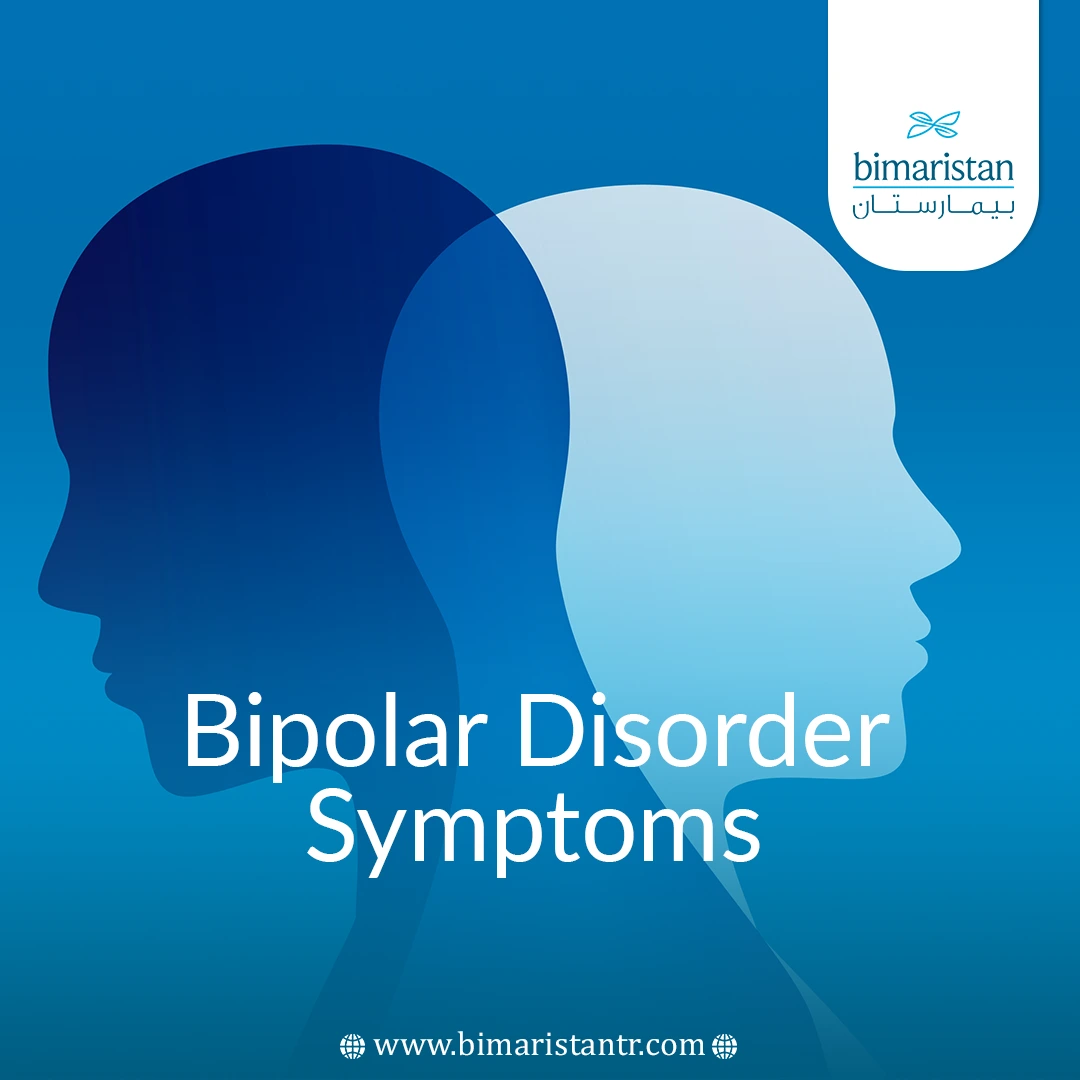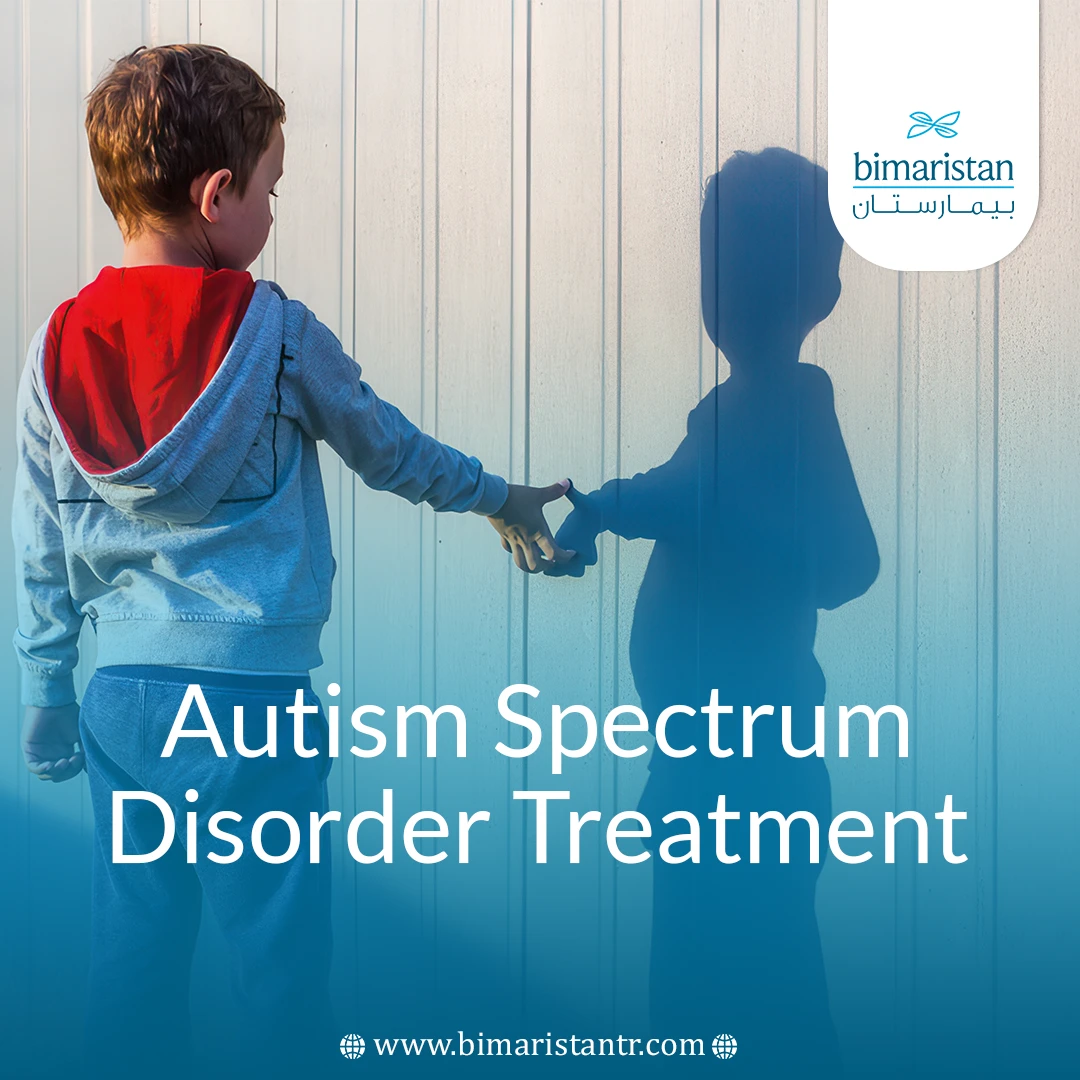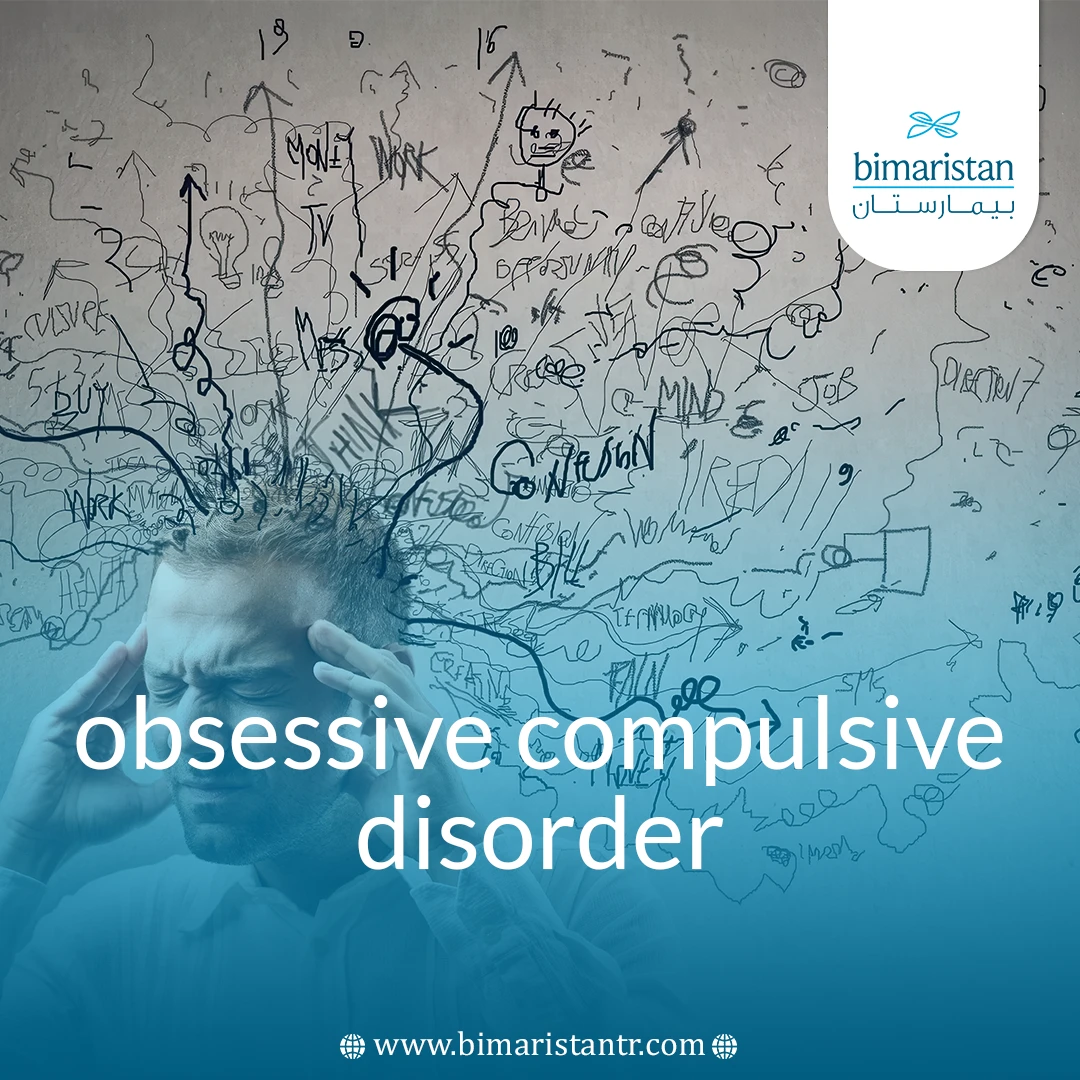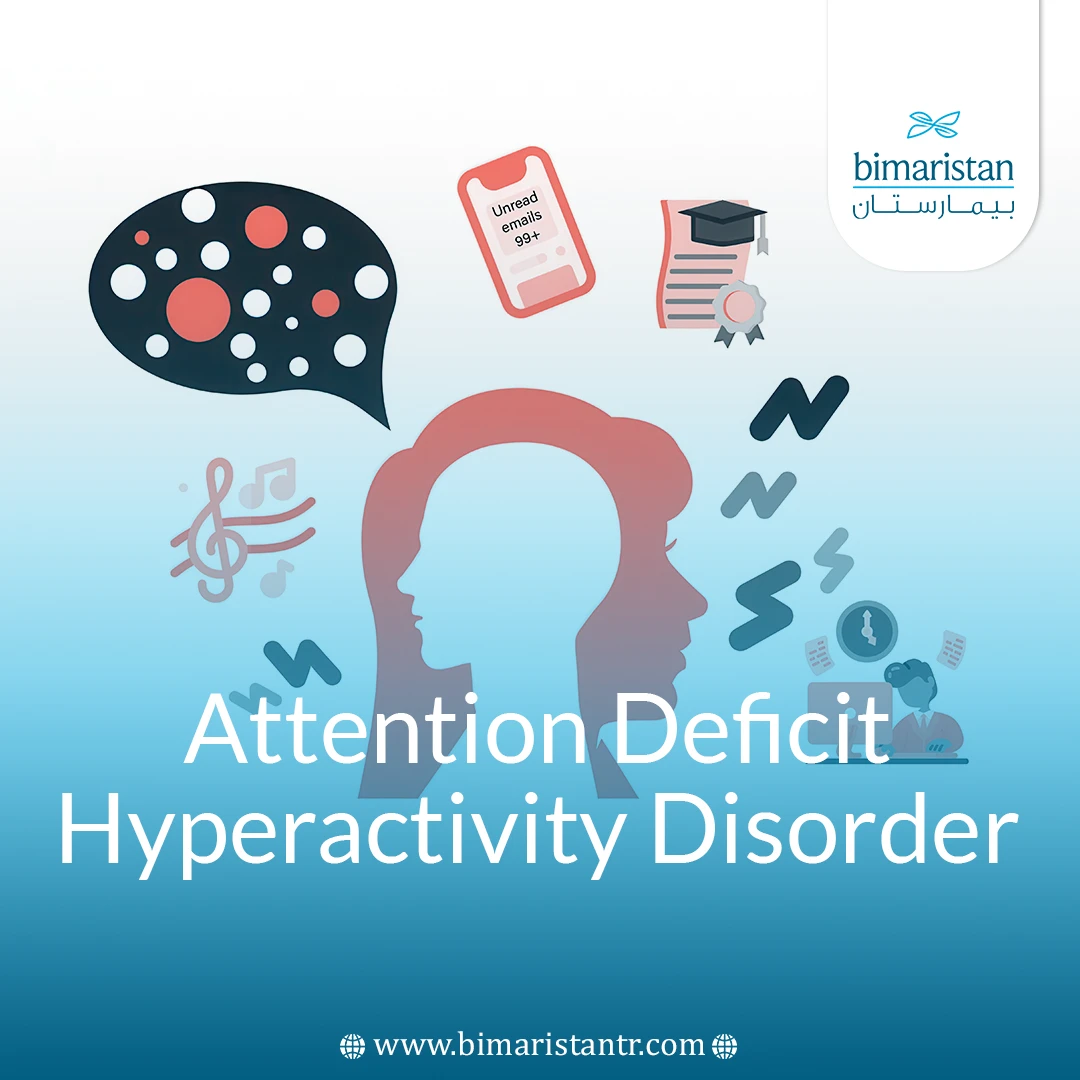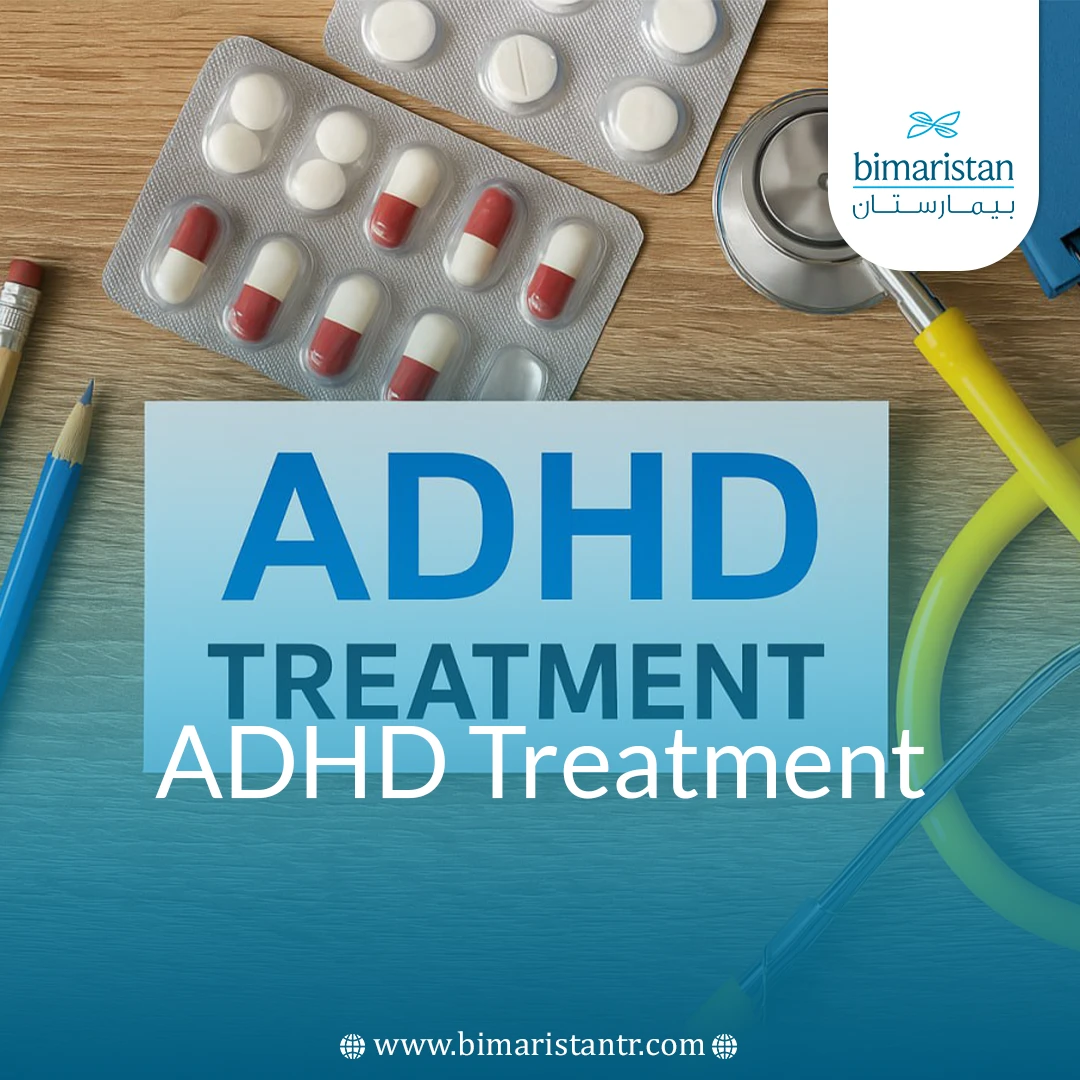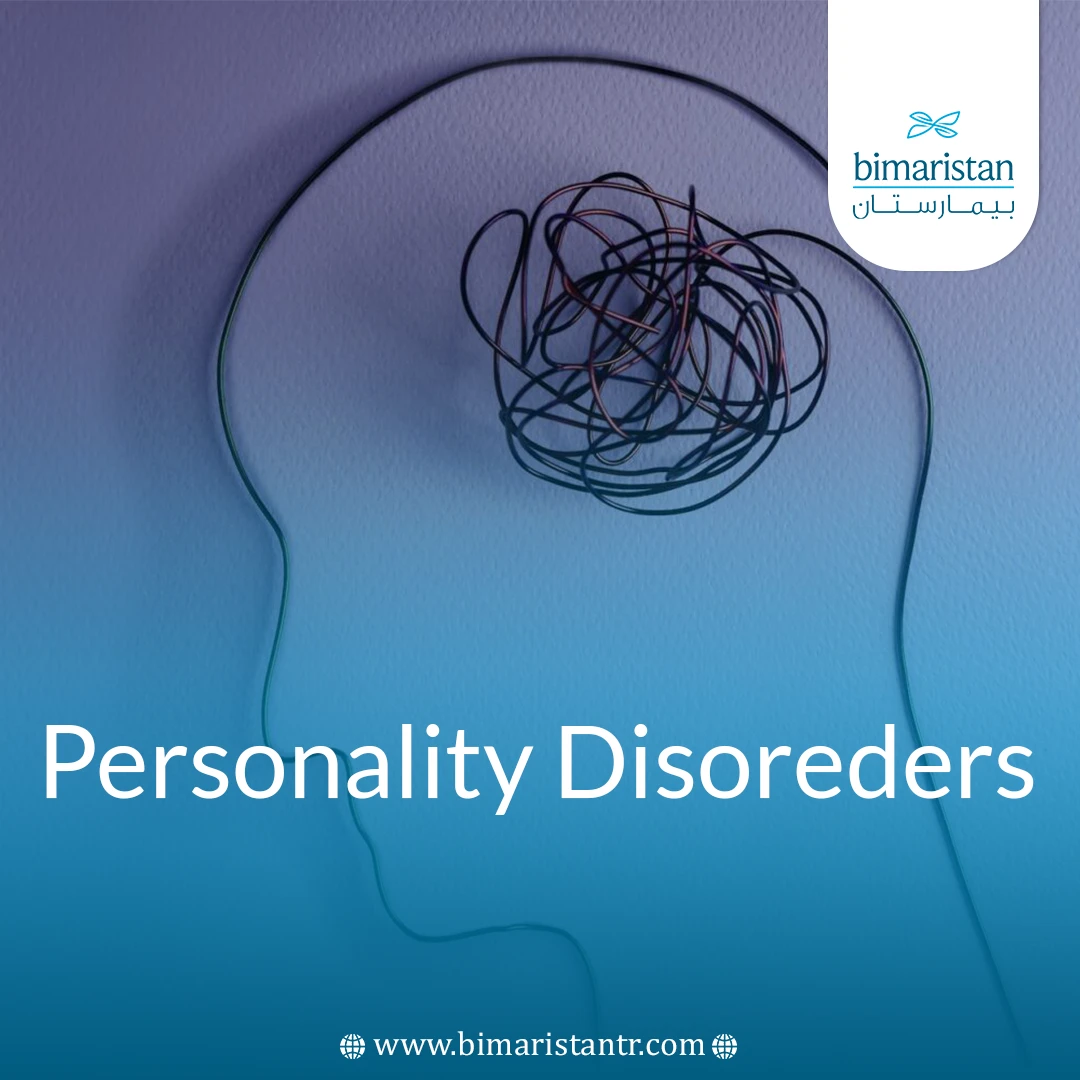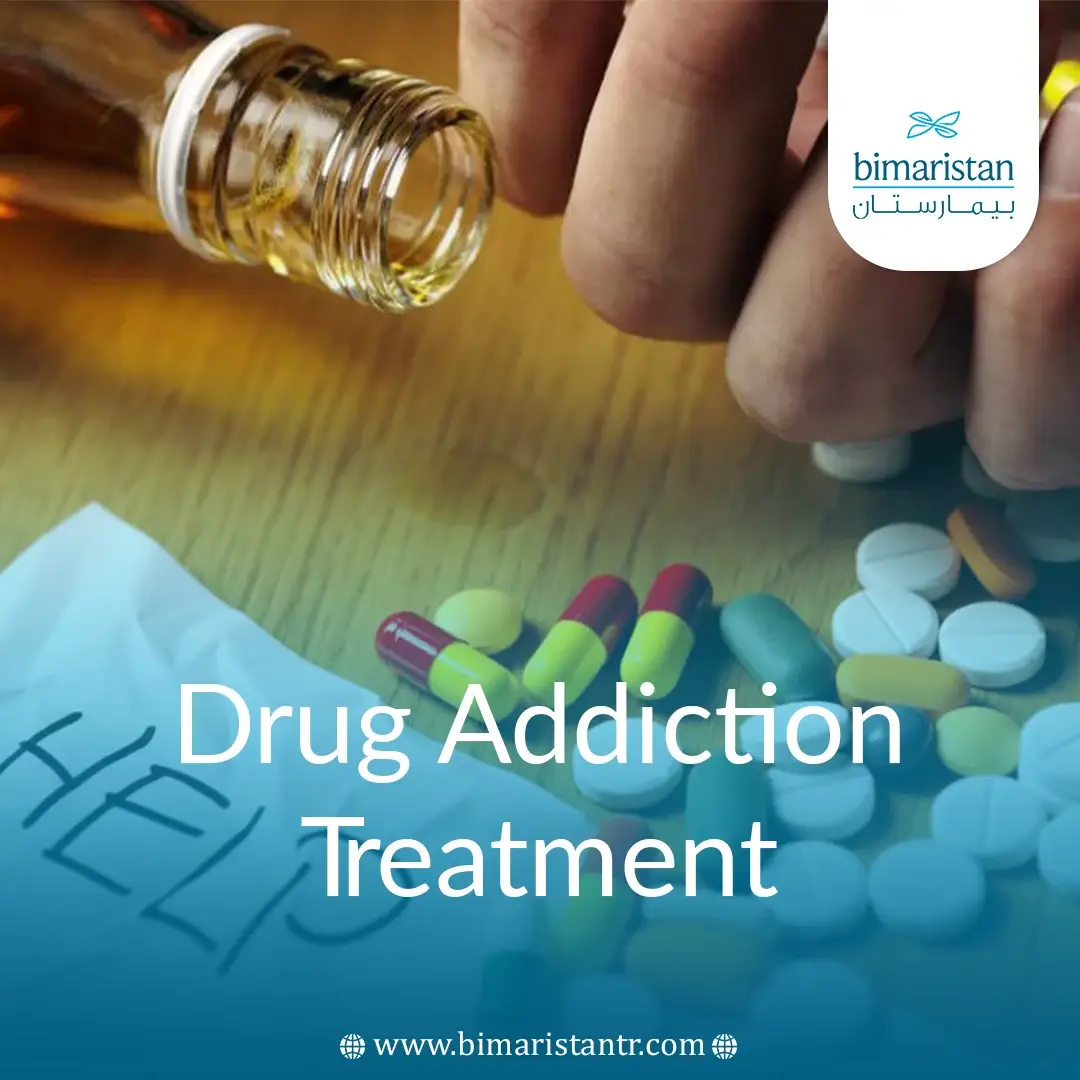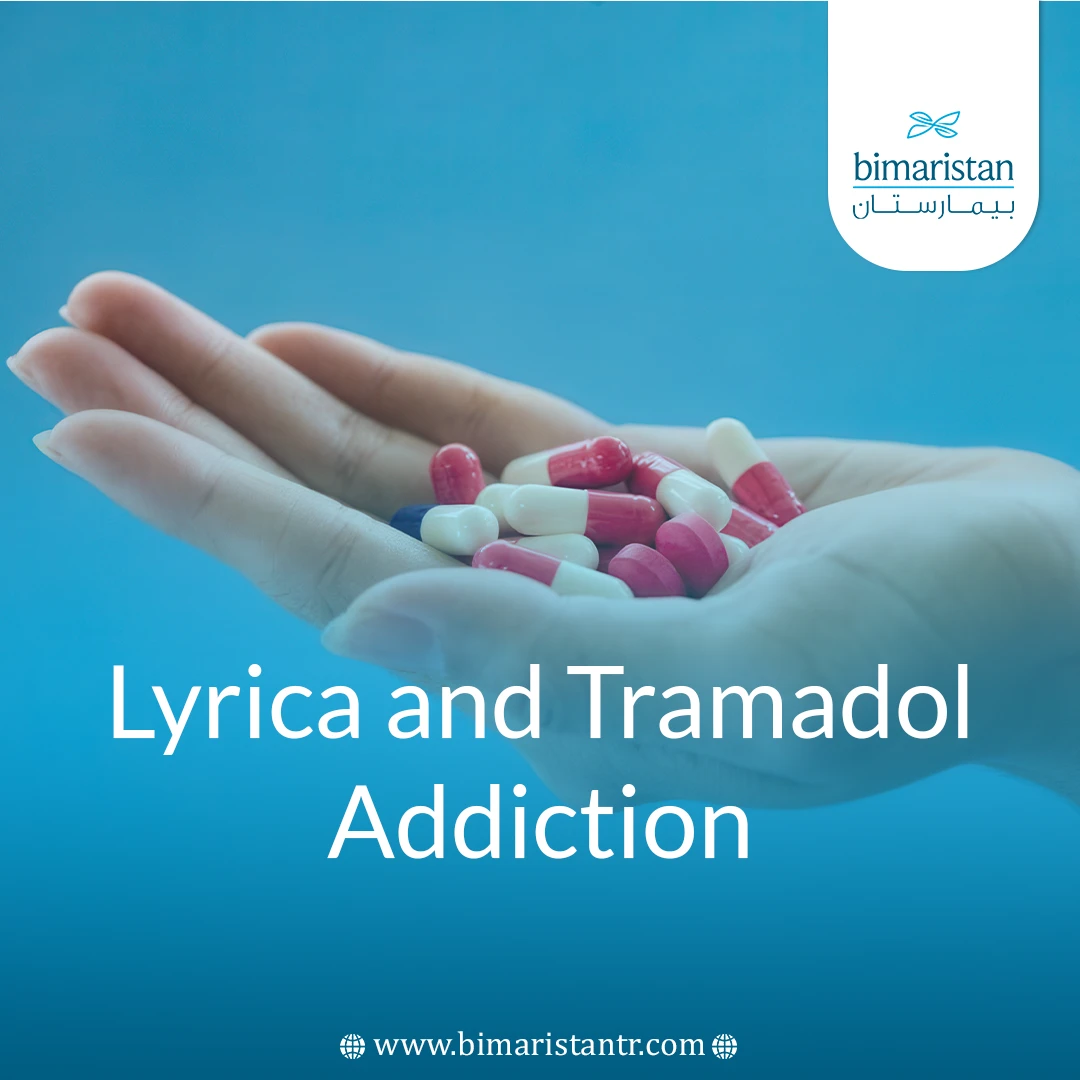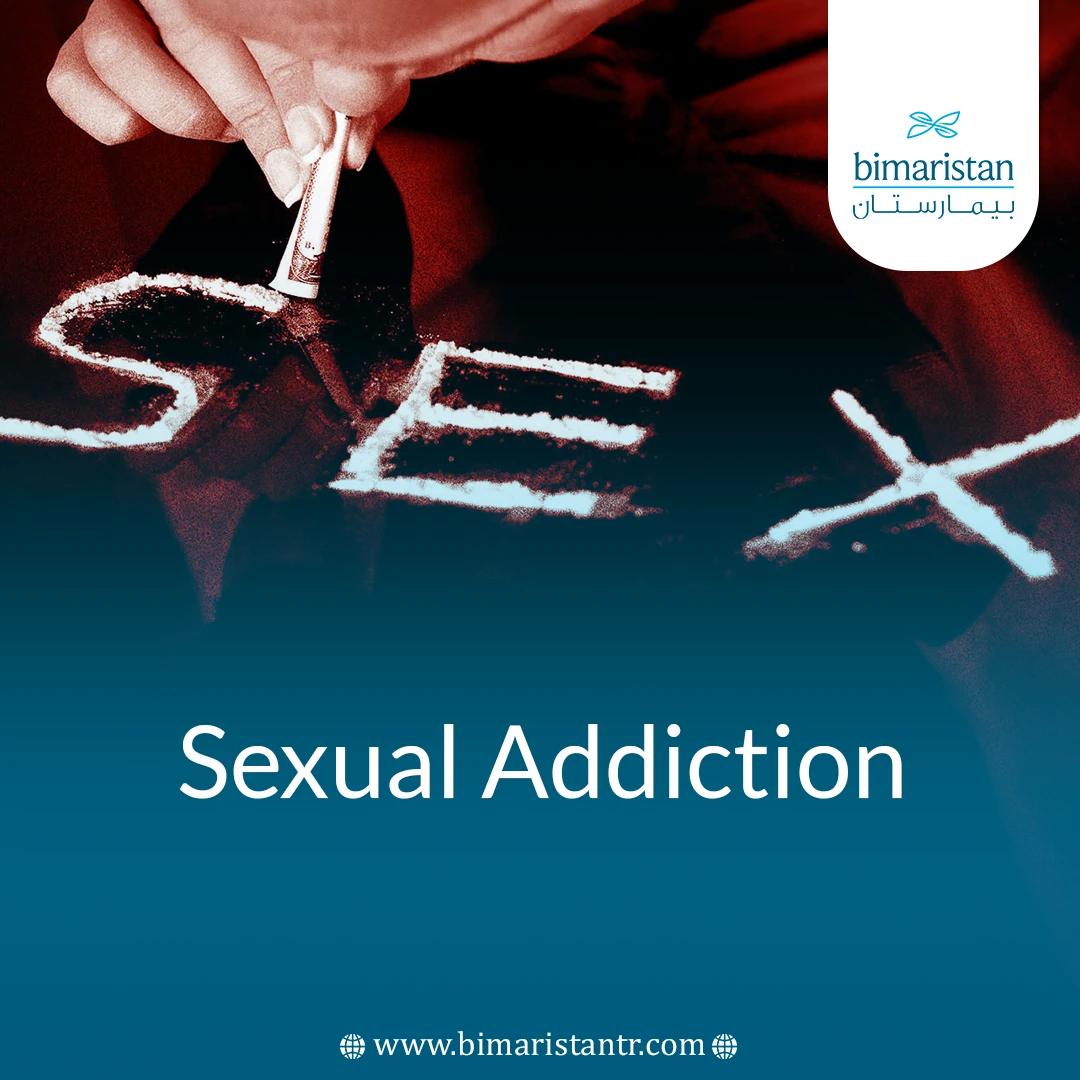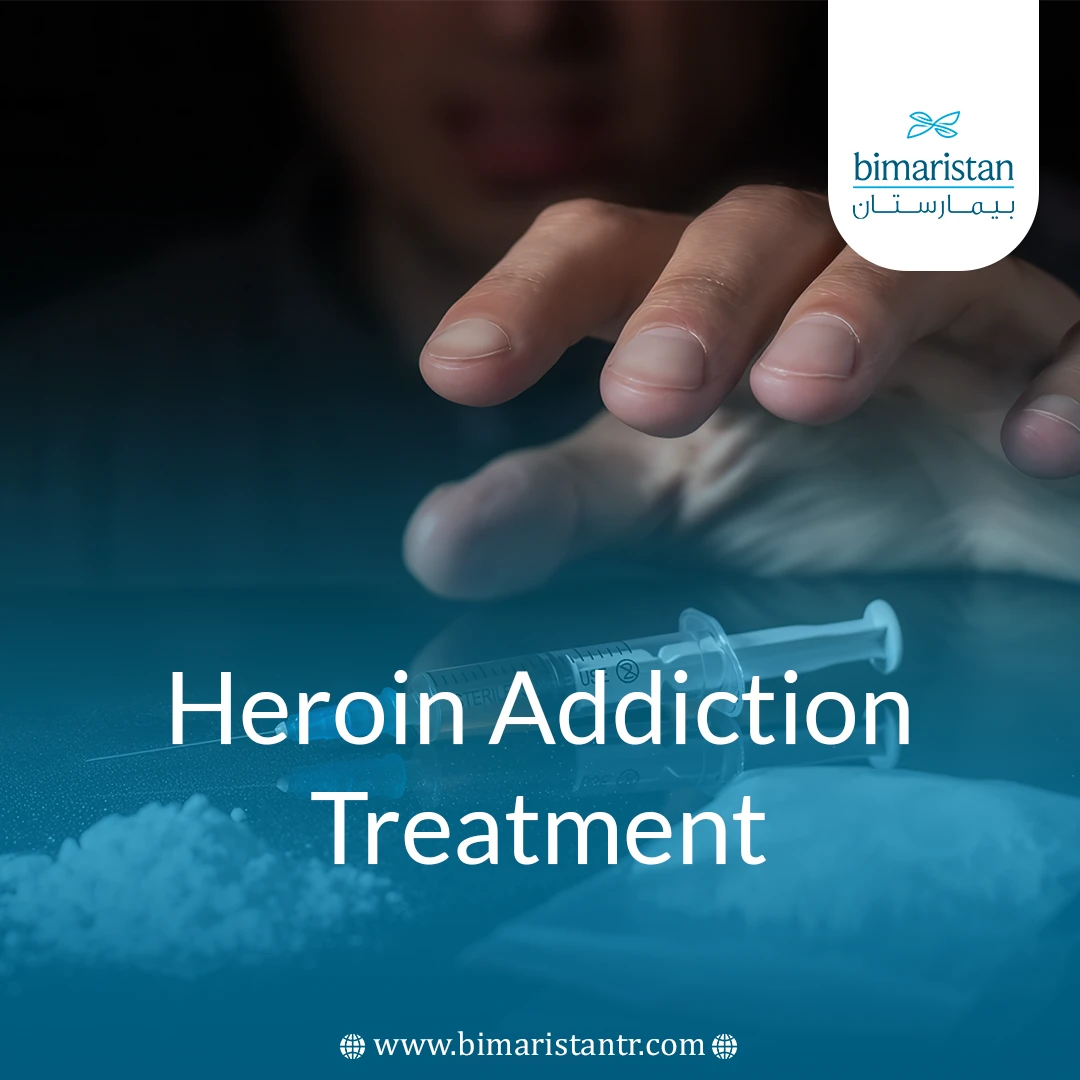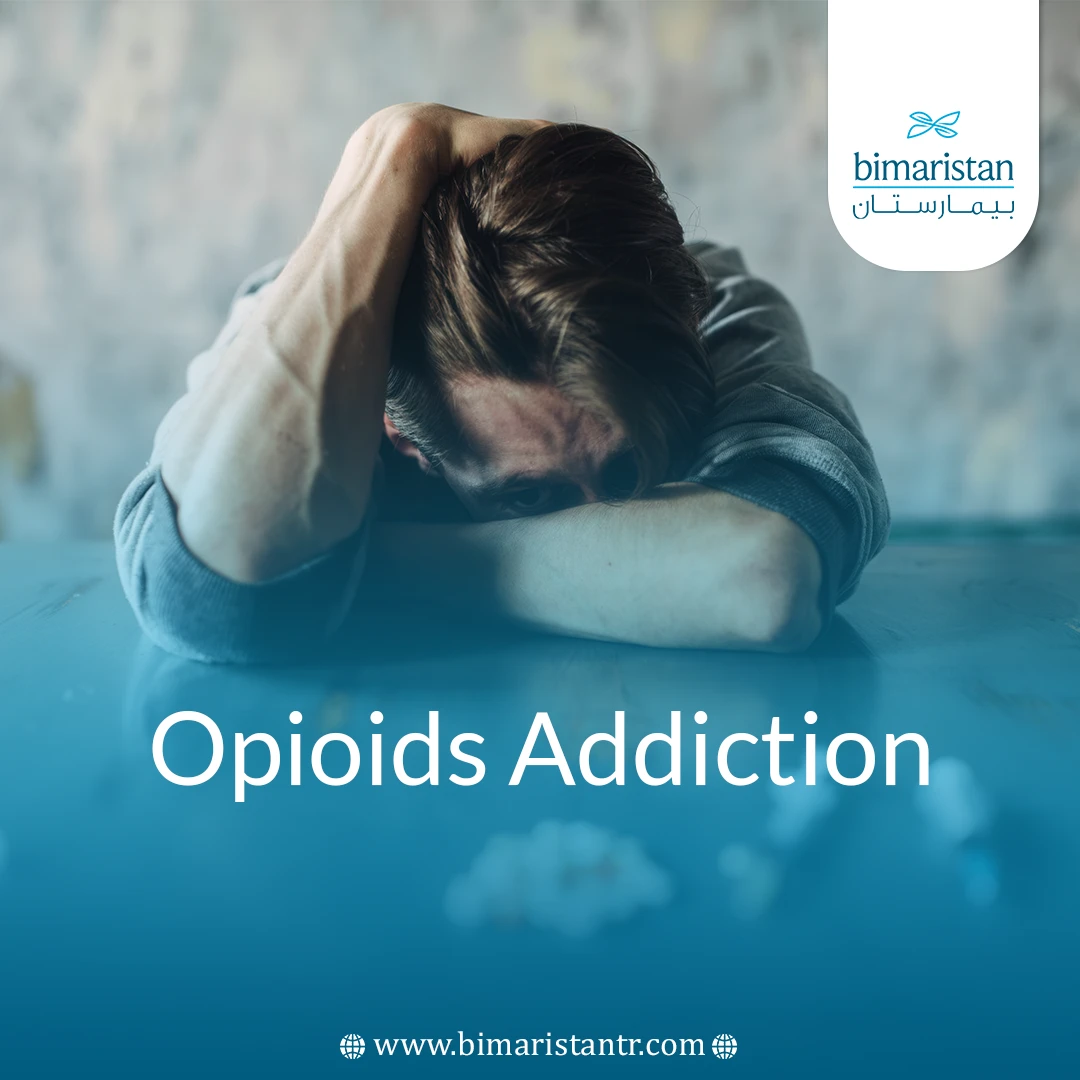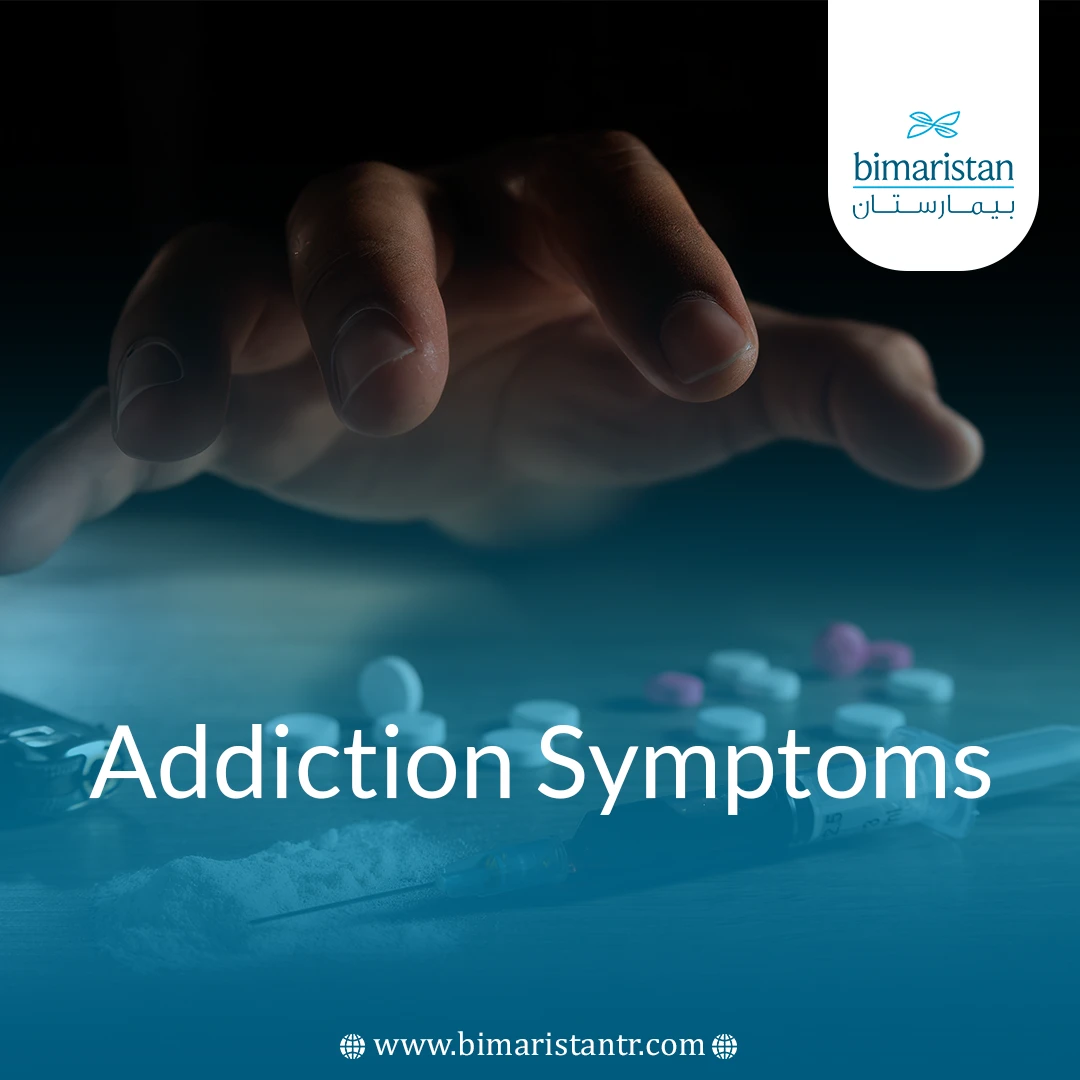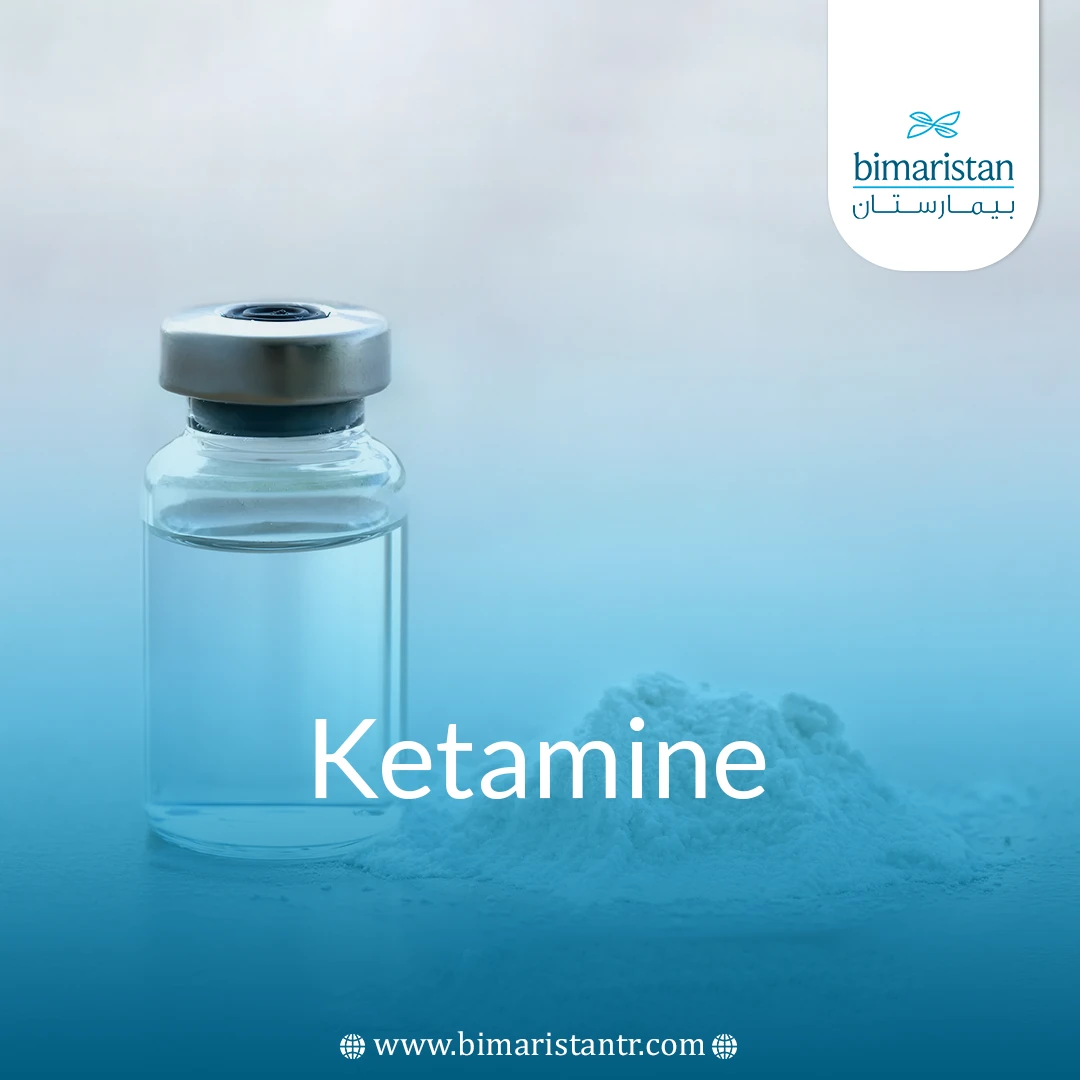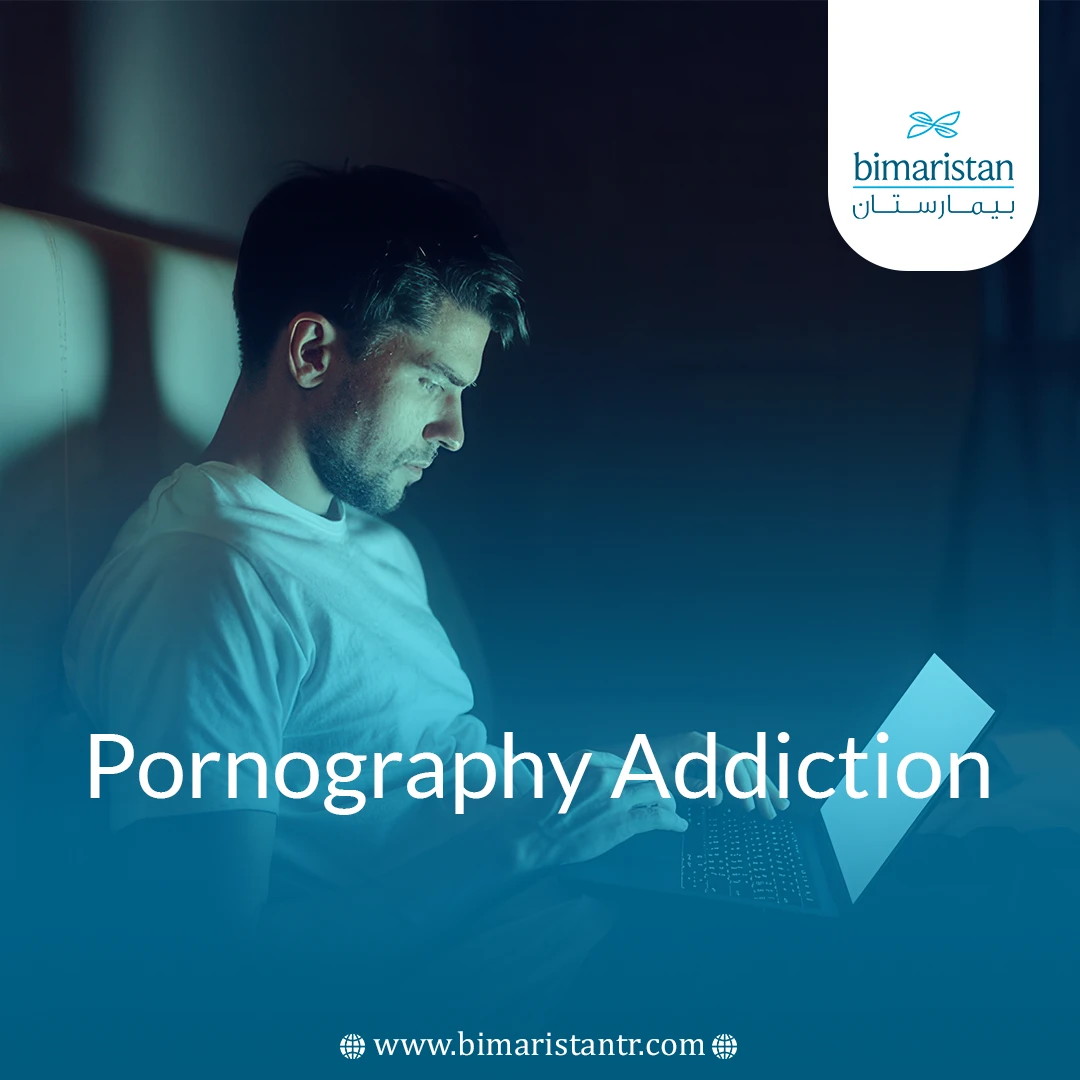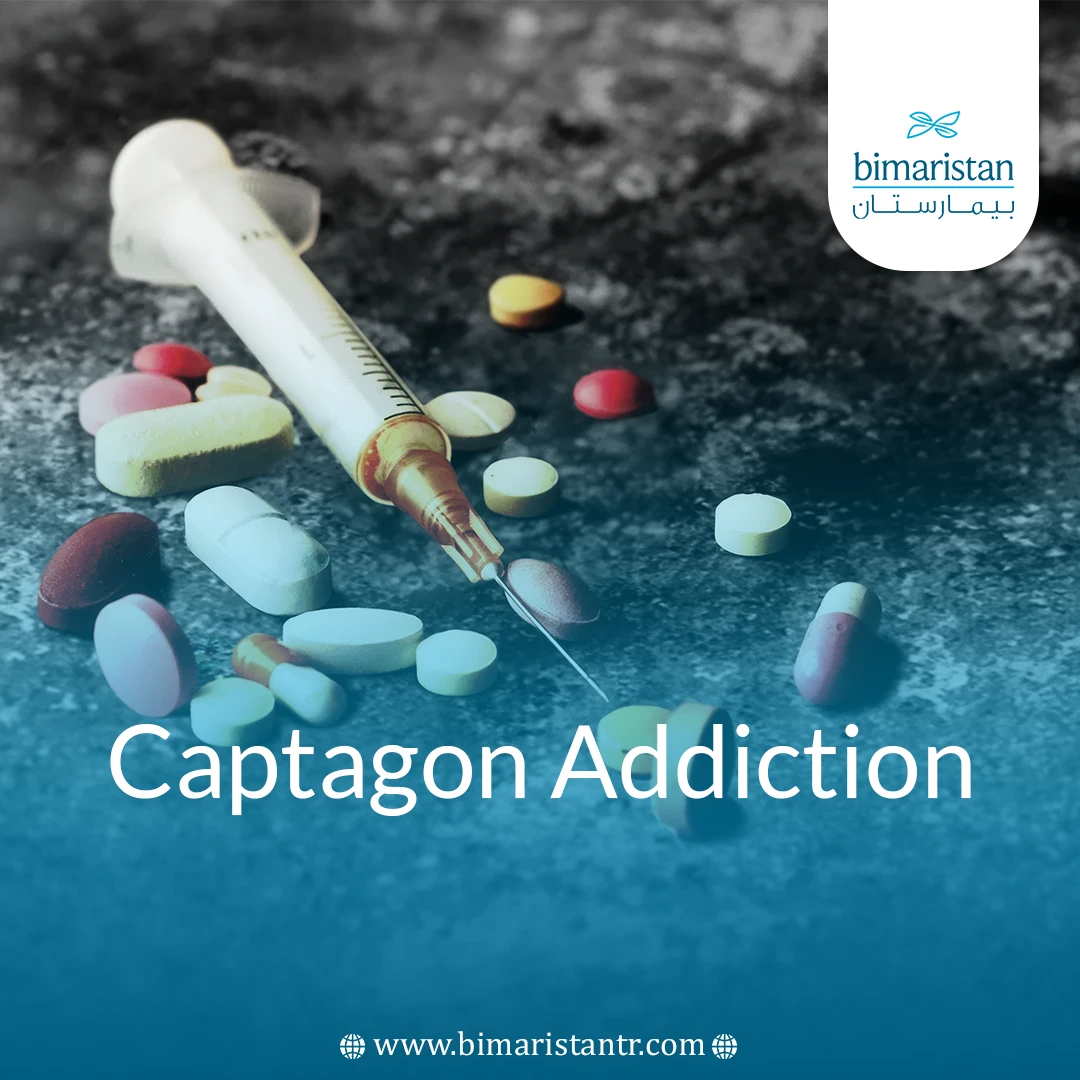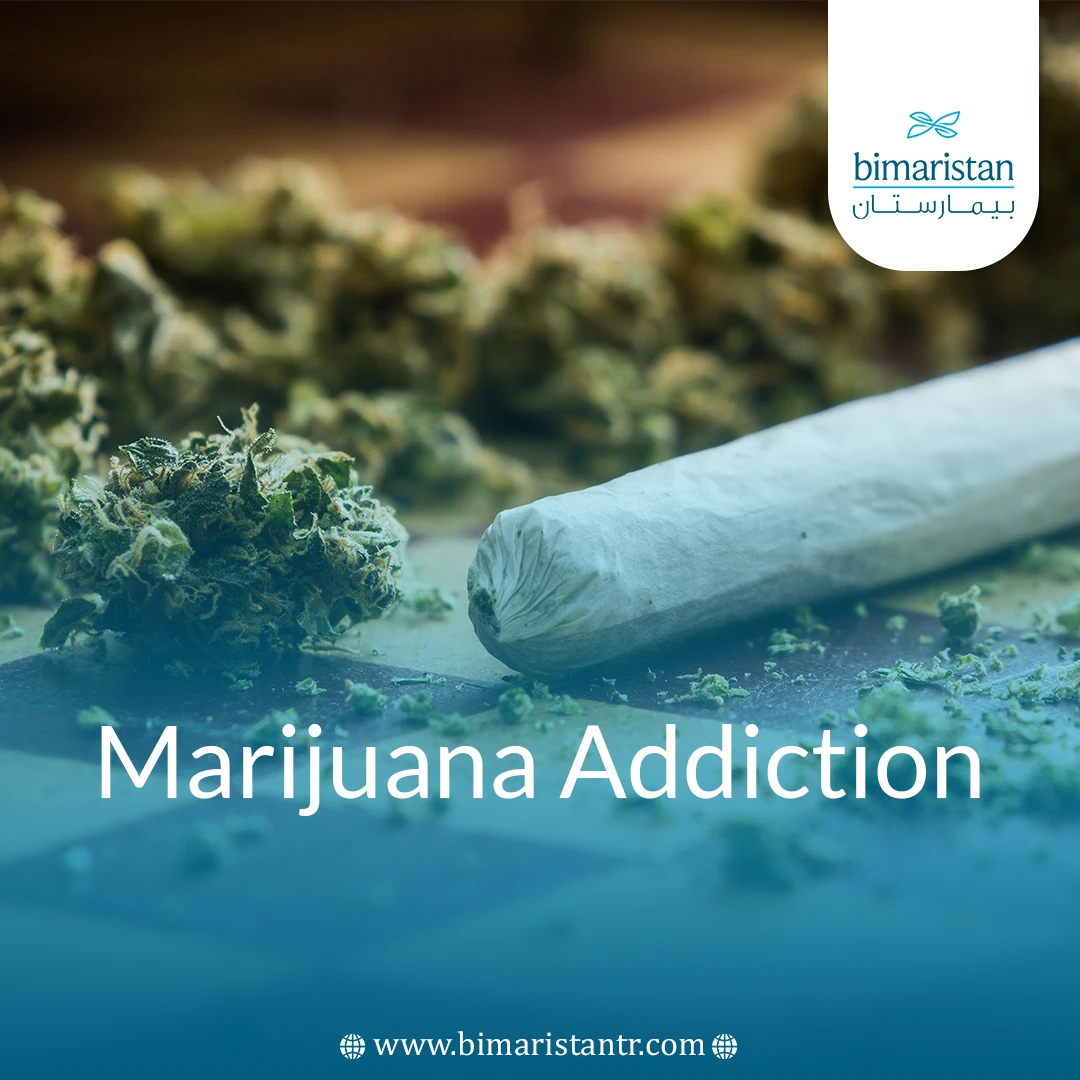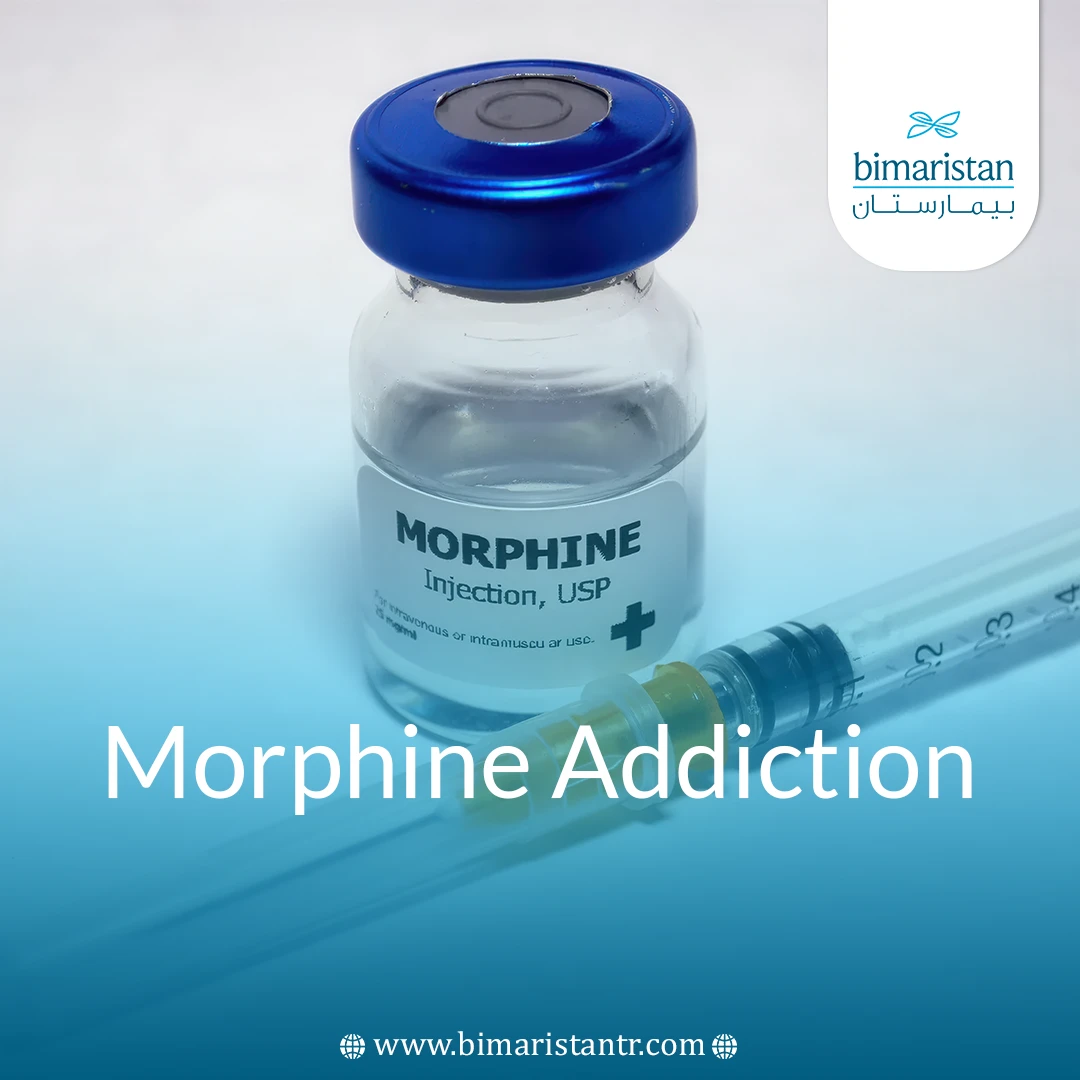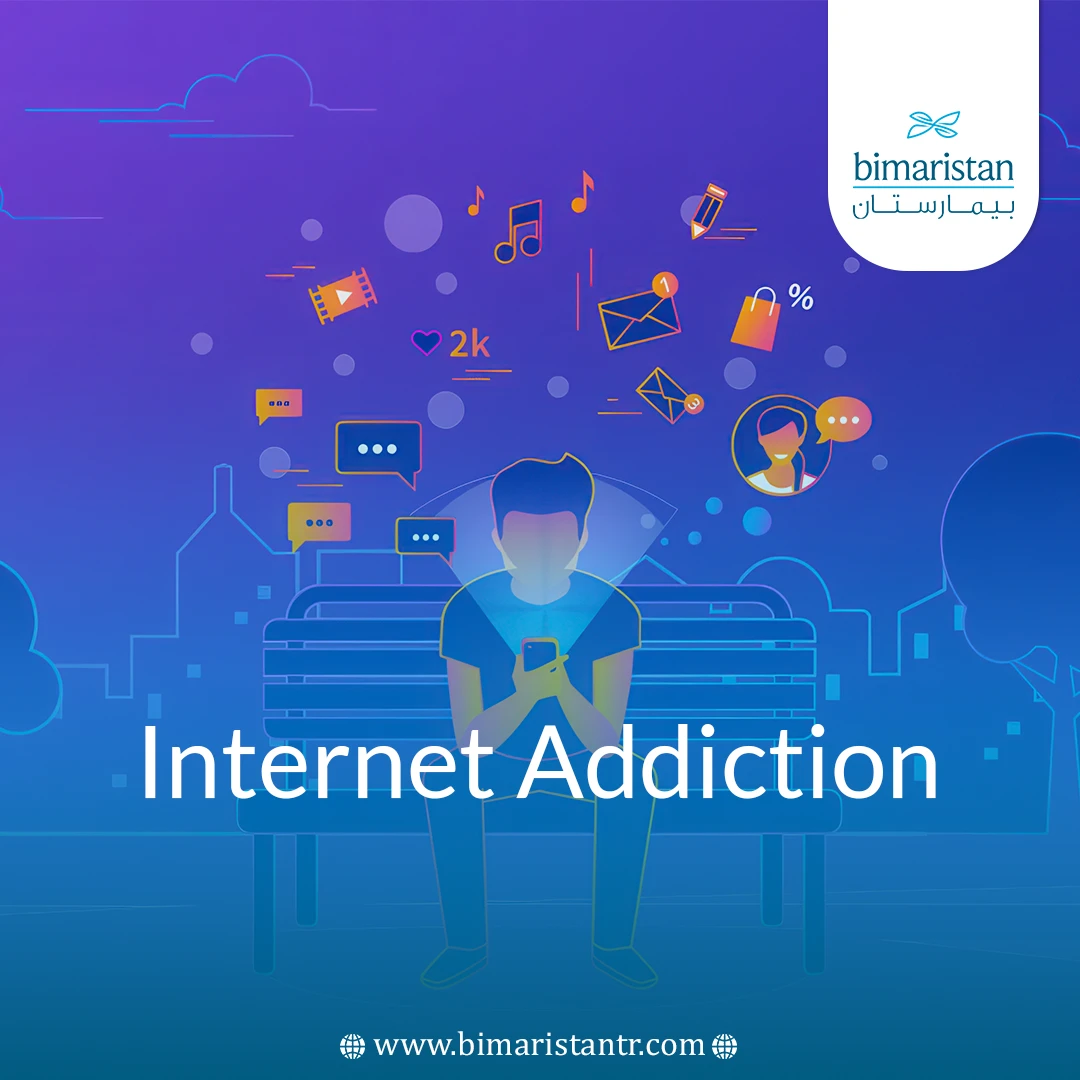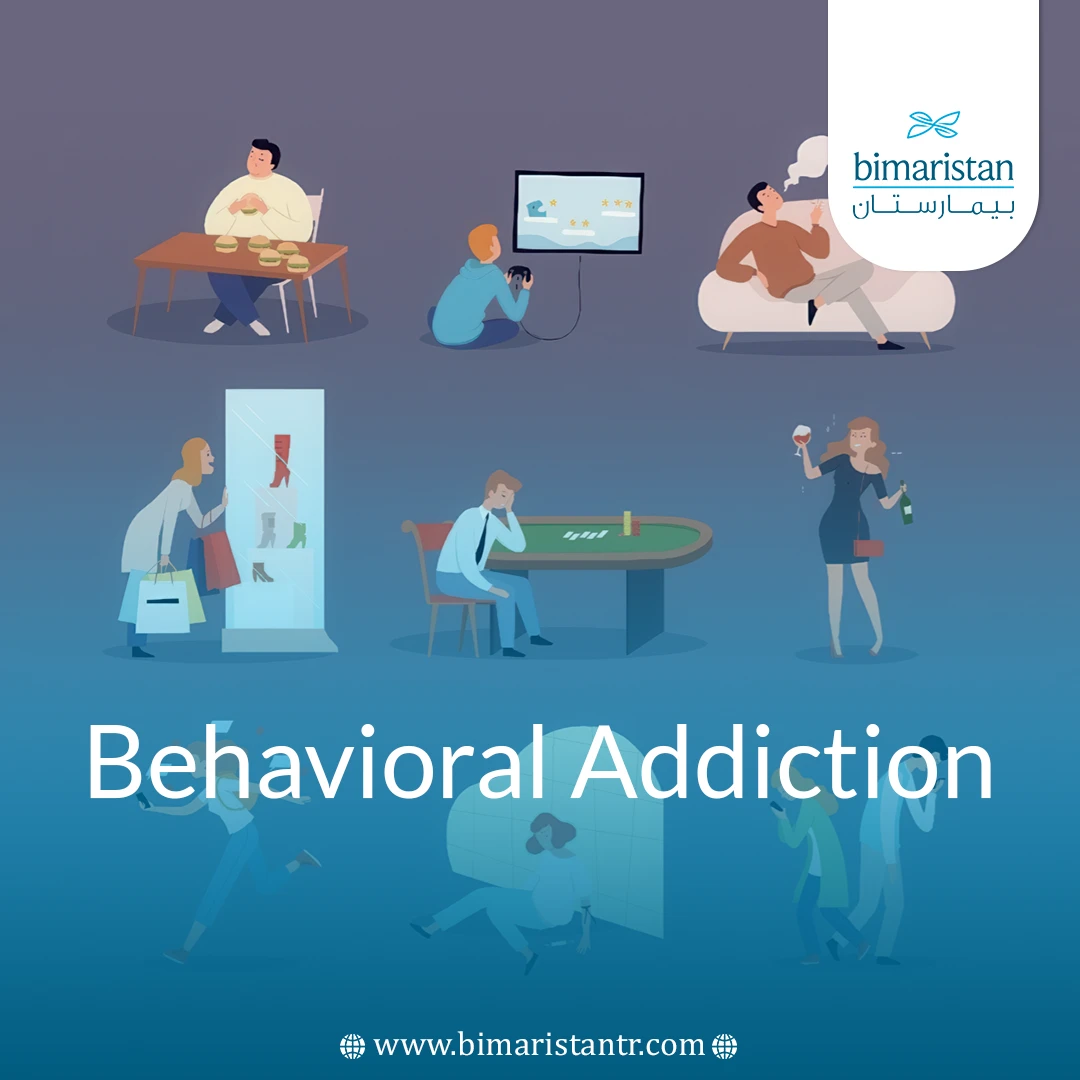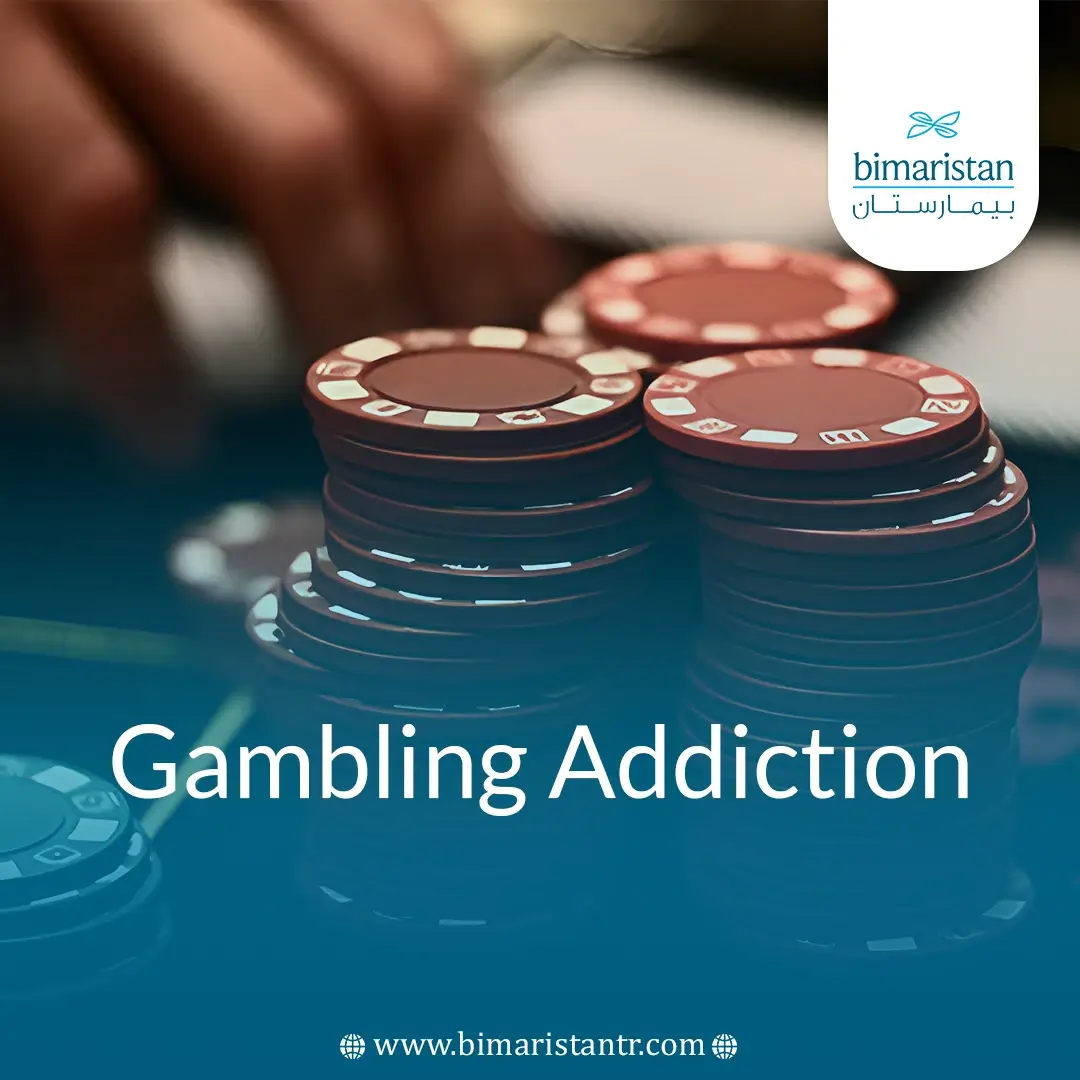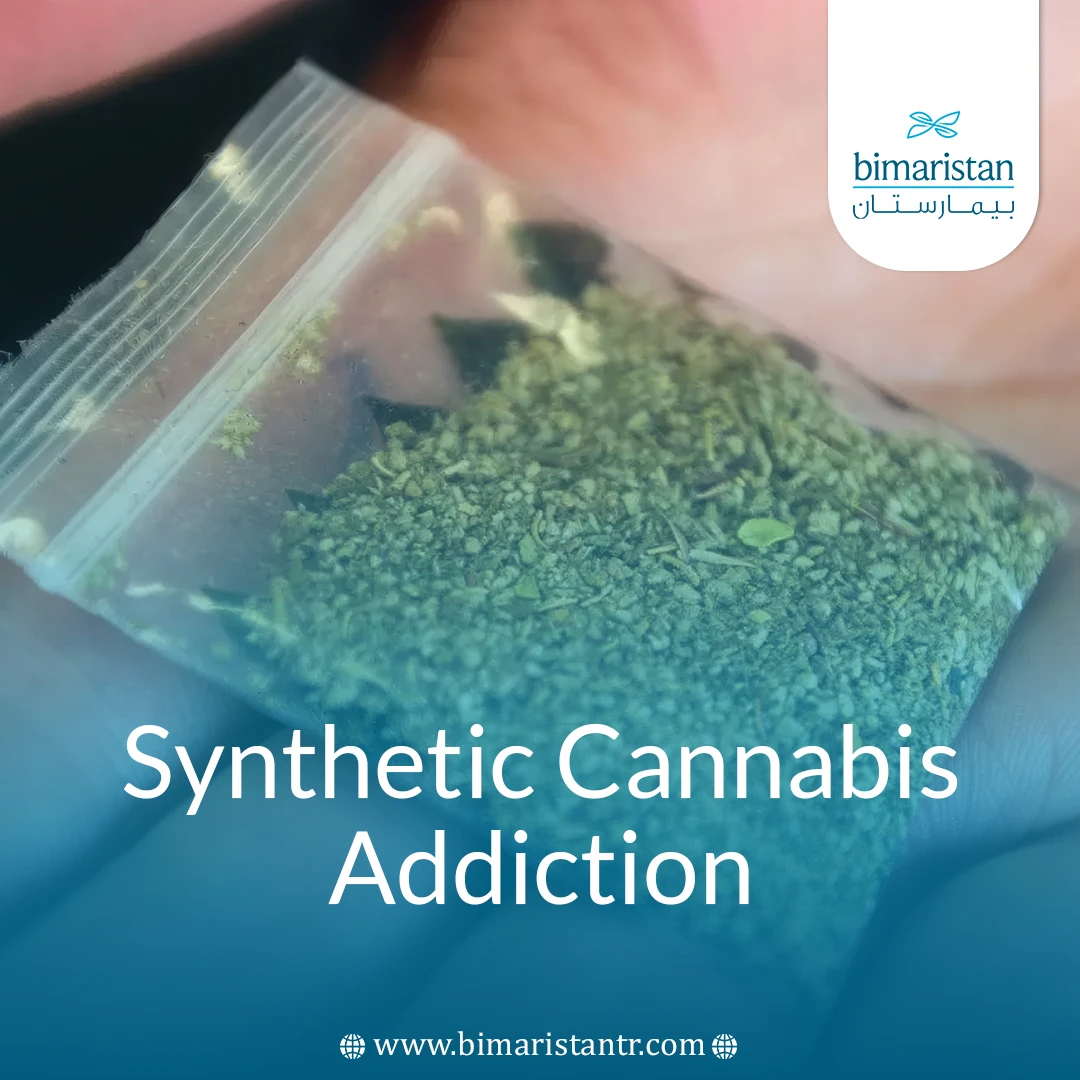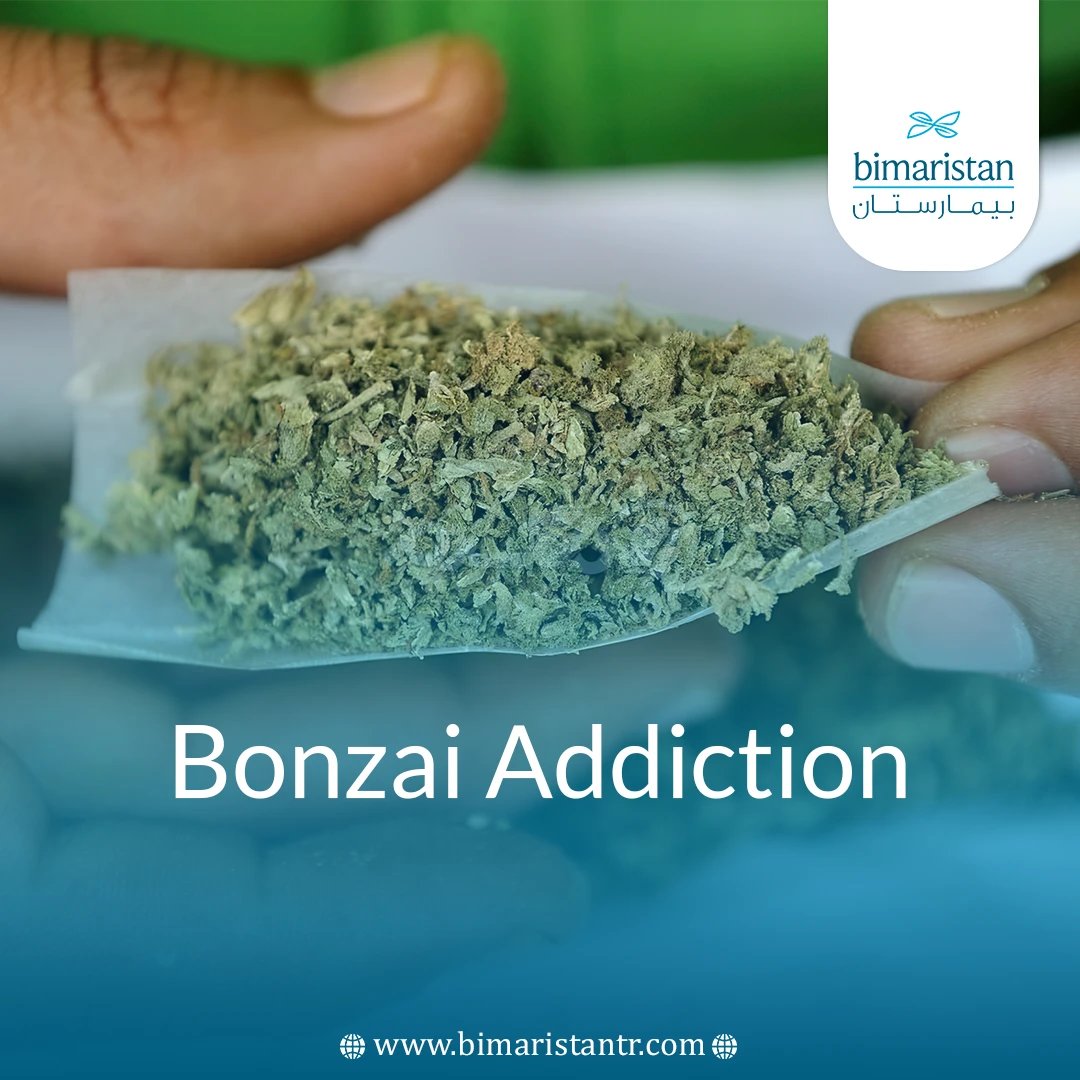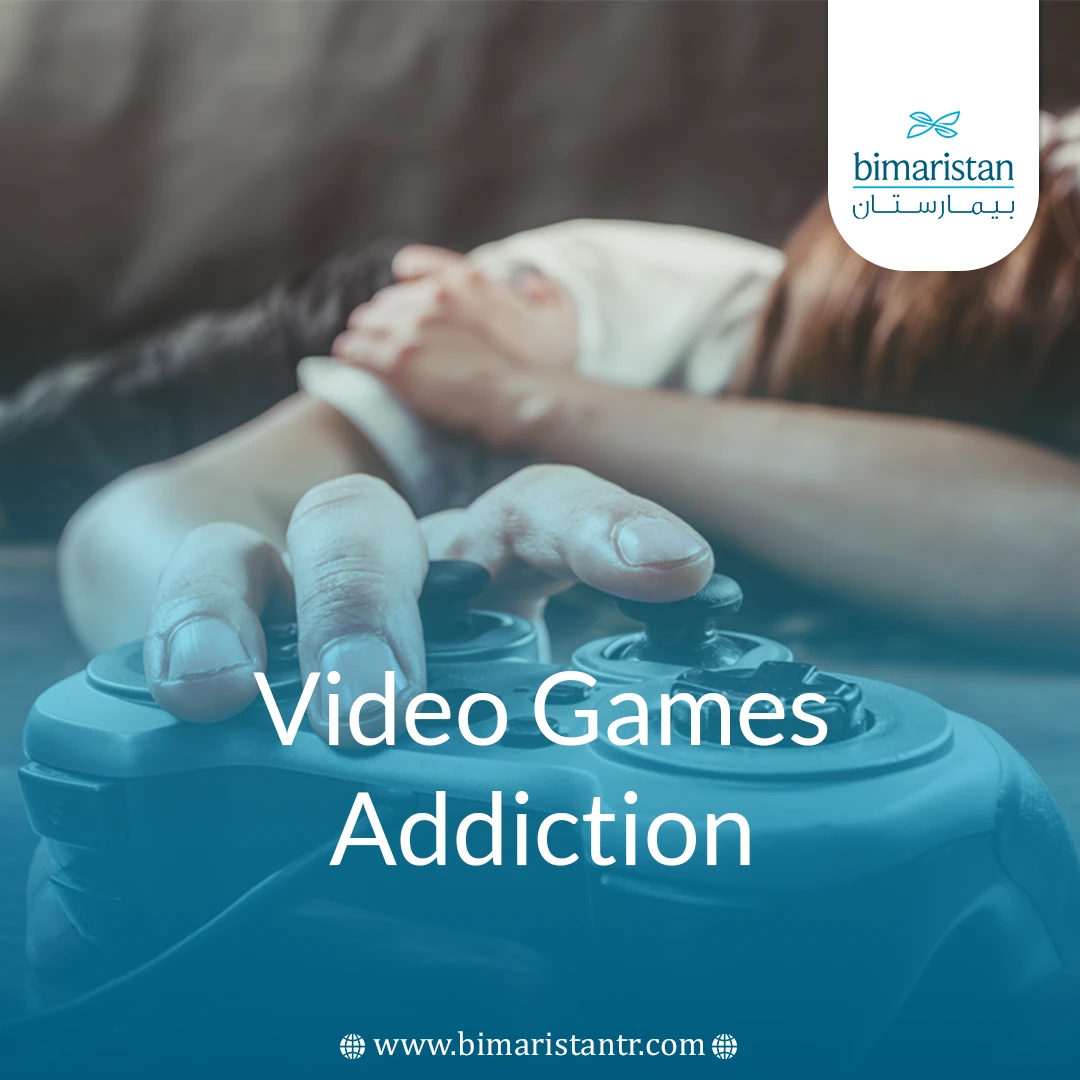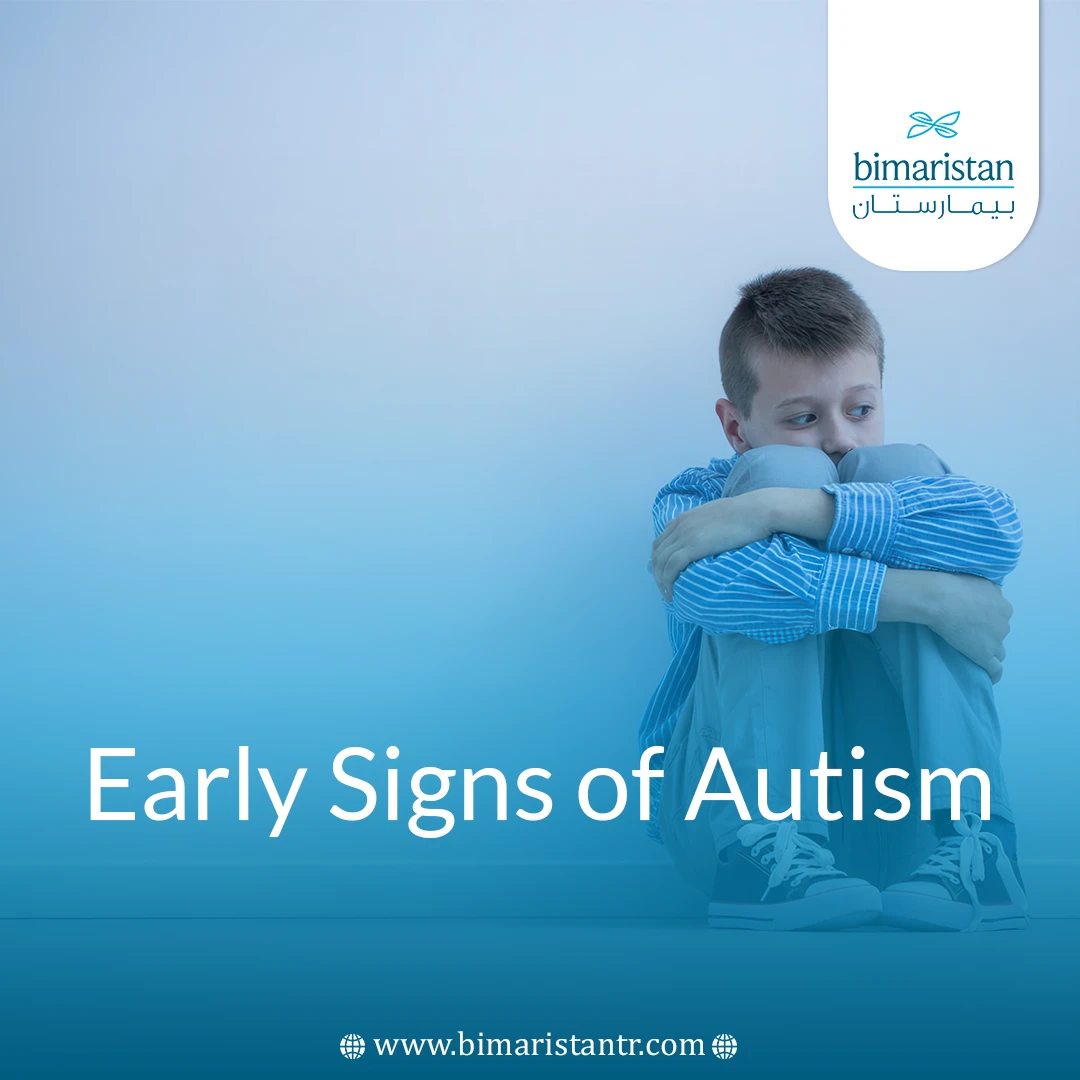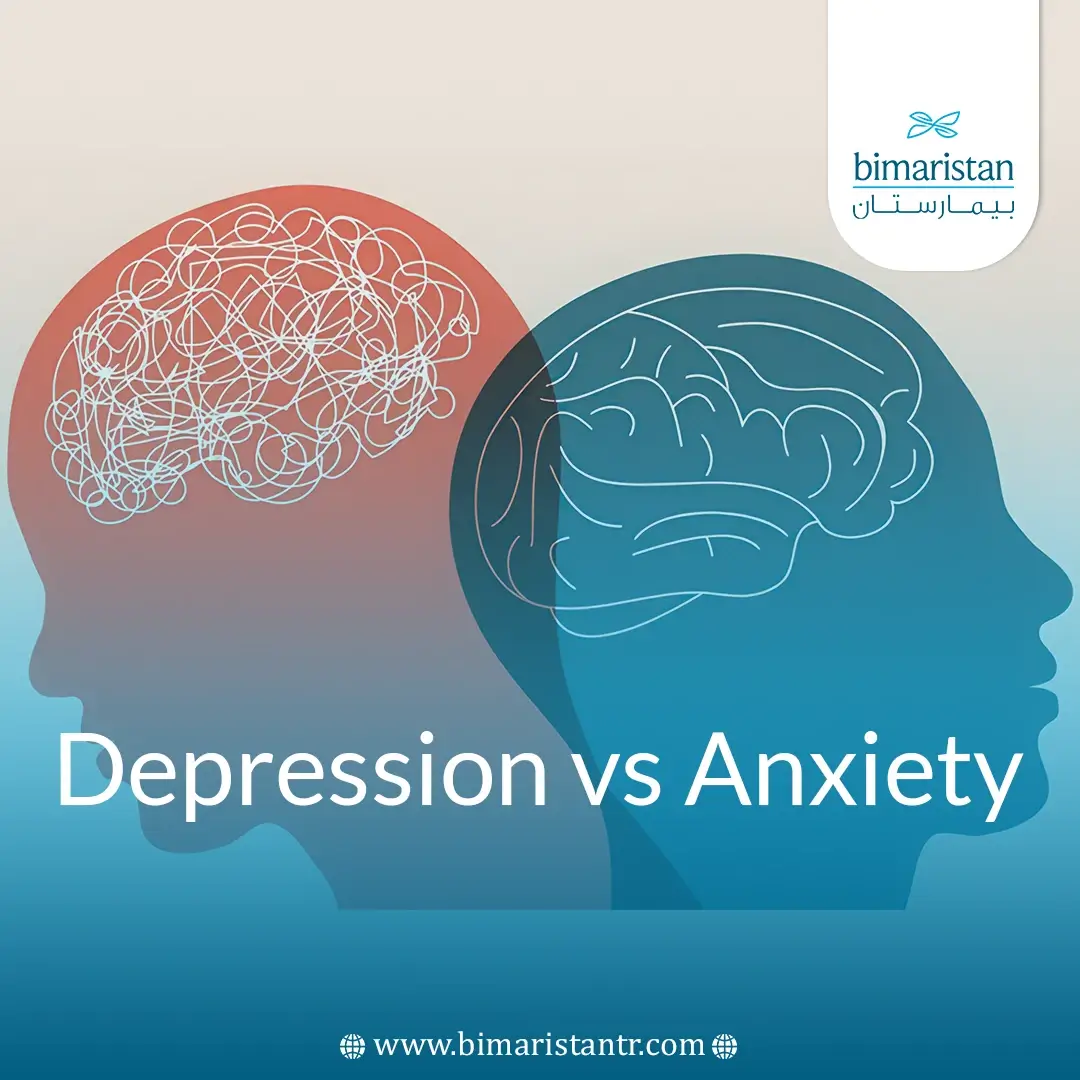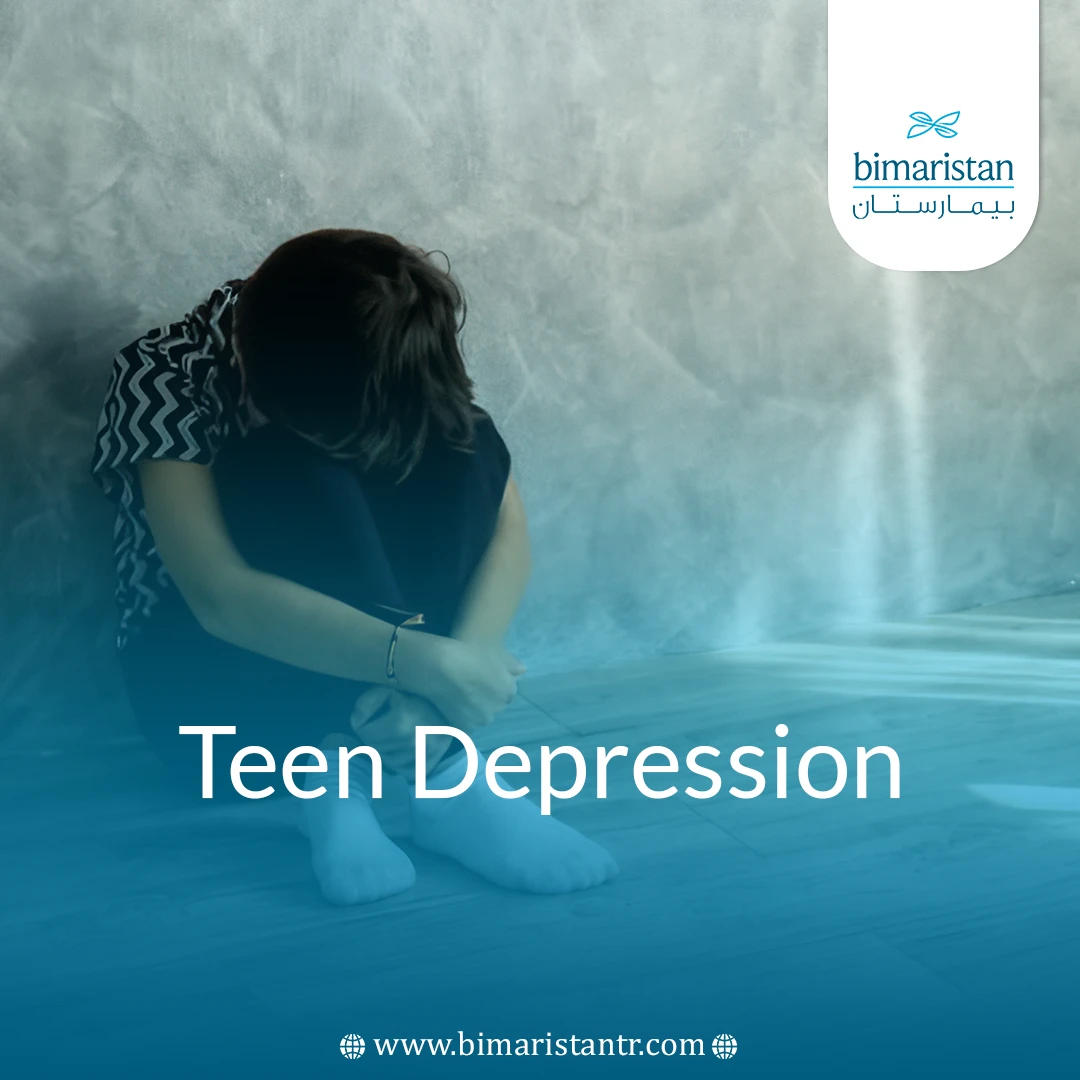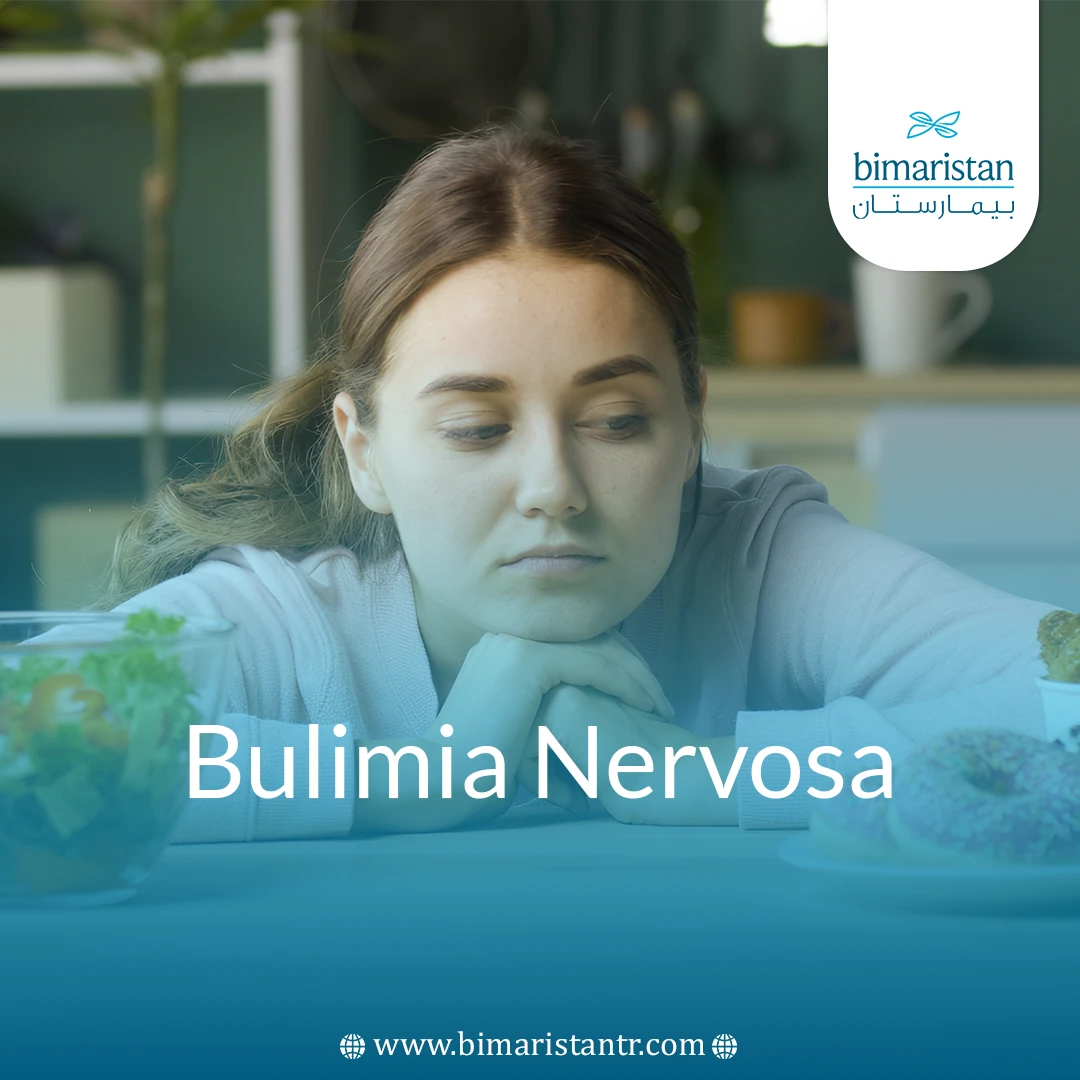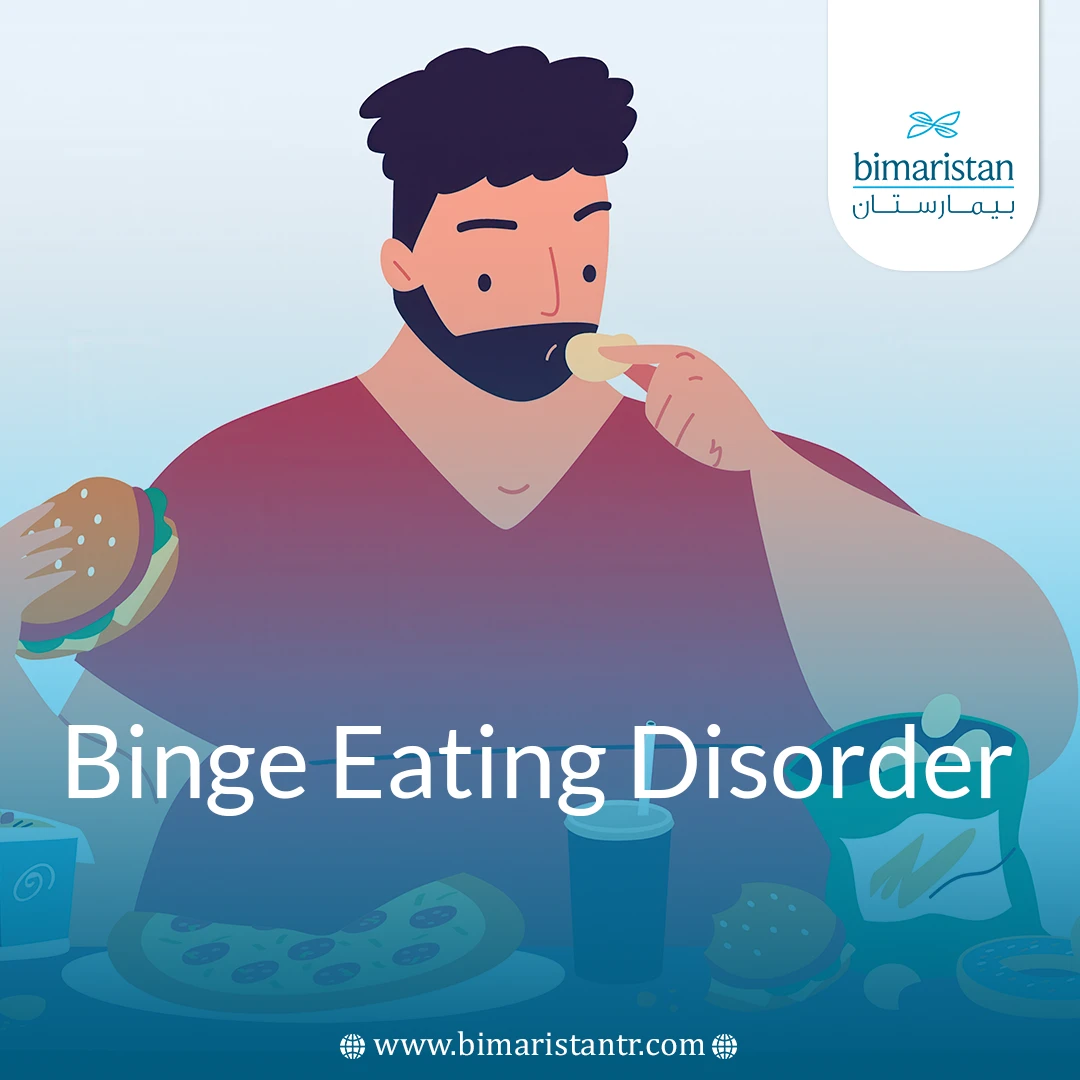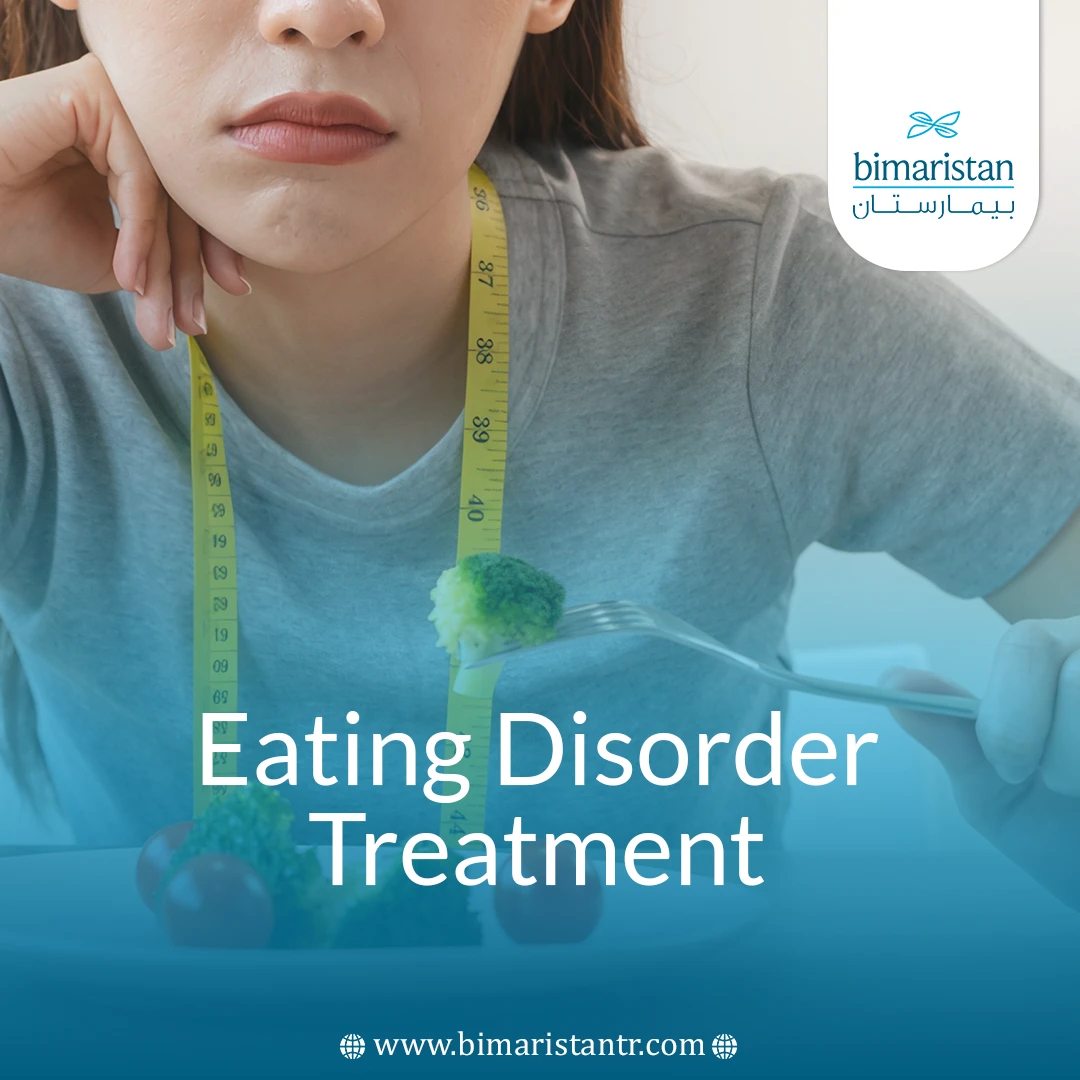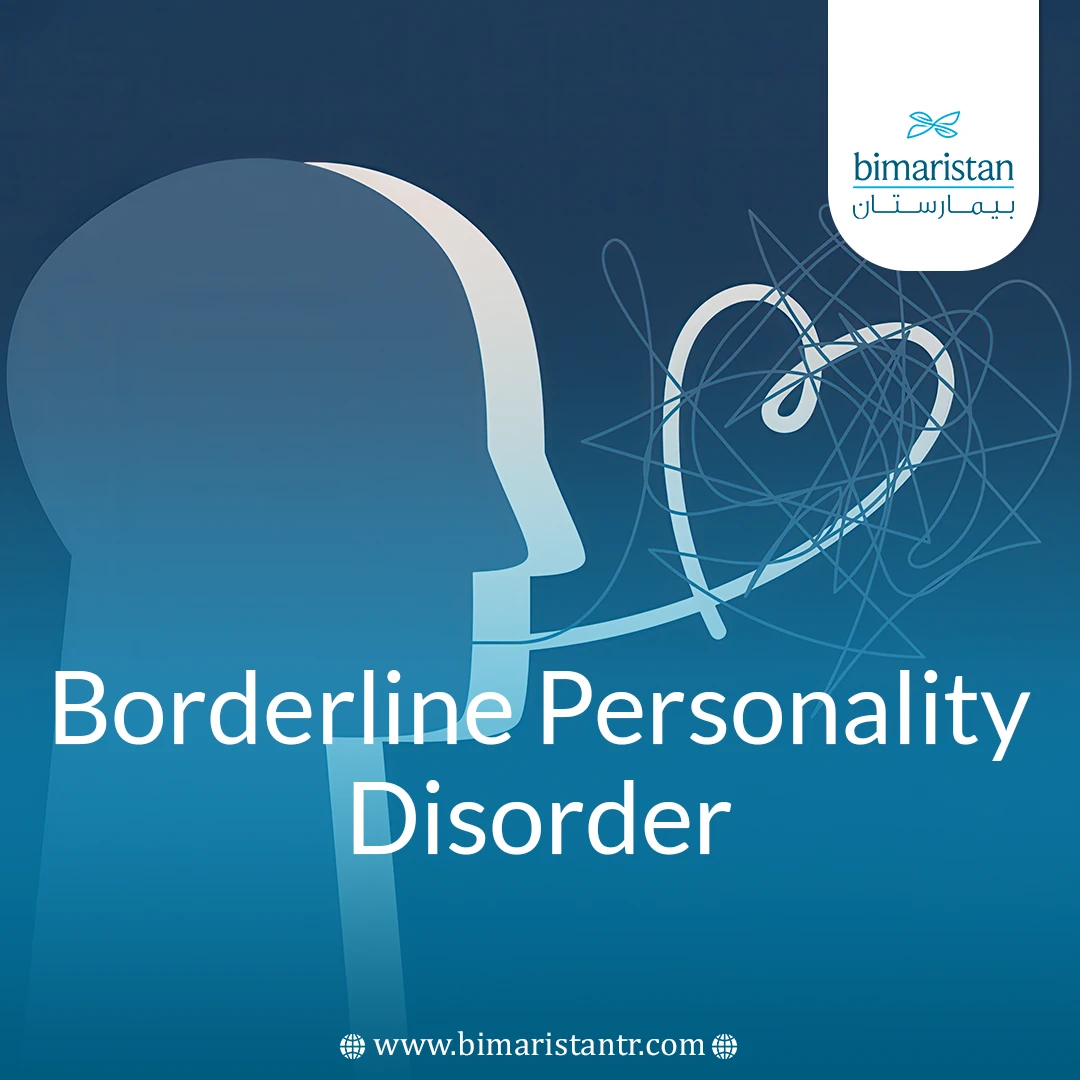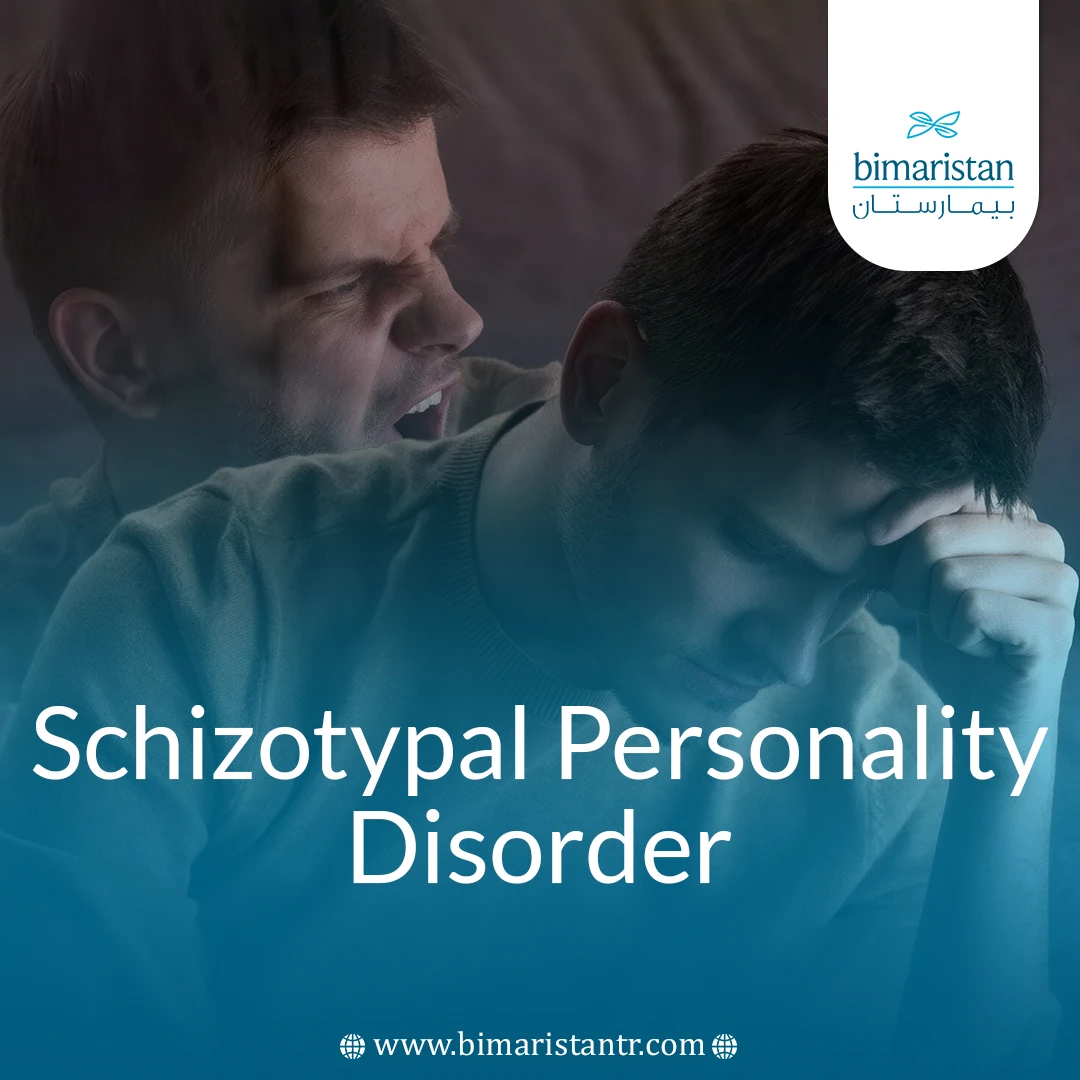
Psychiatry
- Understanding Depression Disorder: Causes and Prevention
- Mental Health and Psychiatry Hospital
- Schizophrenia Treatment in Turkey
- Bipolar Disorder – Maniac Depressive Disease
- Psychosis | Symptoms and Treatment in Turkey
- The Best Treatment for Insomnia
- Depression Symptoms in Men & Women of All Ages
- The Best Severe Psychological Depression Treatment Methods
- Depression Symptoms, Causes, and Treatment in Turkey
- Stages of Addiction Treatment in Turkey: Complete Guide to Recovery
- Addiction Treatment Center in Turkey 2025
- Shabu Addiction (meth or crystal): Risks, symptoms, and treatment
- Addiction Relapse: Causes and how to deal with it to avoid relapse
- Bipolar disorder causes: Genetic, psychological and environmental factors
- Bipolar disorder symptoms: Warning signs and stages of the illness
- Autism Spectrum Disorder Treatment: Symptoms, Causes & Latest Therapies
- Obsessive Compulsive Disorder: Discover Its Types and Associated Symptoms
- Attention Deficit Hyperactivity Disorder (ADHD): Symptoms, Causes, and Effective Treatment Strategies
- ADHD Treatment in Children: Symptoms, Strategies & Management Guide
- Personality Disorders: Types, Diagnosis, and Effective Treatments Guide
- Autism Spectrum Disorder: Understanding Differences & Supporting Children
addiction-treatment
- Drug Addiction Treatment
- Lyrica and Tramadol addiction: Symptoms, risks and treatment
- Sexual Addiction: Understanding When Desire Becomes a Obsession
- Heroin Addiction Treatment in Turkey: Step-by-Step Recovery Guide
- Drugs Addiction: Symptoms, Causes & Prevention Tips
- Opioids Addiction: From Pain Relief to Dependence
- Cocaine Side Effects: Harms, Addiction Symptoms
- Addiction Symptoms: How to Recognize & Overcome Substance Abuse Effectively
- Ketamine: Uses, Effects, and Addiction Potential
- Pornography Addiction: Causes, Symptoms, and Proven Treatment Strategies
- Captagon Addiction Guide: Everything You Need to Know & Step-by-Step Treatment
- Cannabis Addiction: Is It a Habit or a Disease That Needs Treatment?
- cocaine addiction treatment
- Morphine Addiction: Causes, Symptoms & Effective Treatment Options
- Shopping Addiction: Real Causes and How to Treat Compulsive Buying
- Internet Addiction: The Invisible Chains Holding You Hostage
- Behavioral Addiction: Types, Symptoms, and Modern Treatment Secrets
- Gambling Addiction: The Illusion of Pleasure & Its High Price
- Synthetic Cannabis Addiction: Symptoms, risks and treatment
- Bonzai addiction: Causes, Symptoms, and Best Treatment Options
- Video Game Addiction in the Digital Age—What You Need to Know
- Caffeine Addiction: Breaking Free from the Silent Grip of Stimulants
